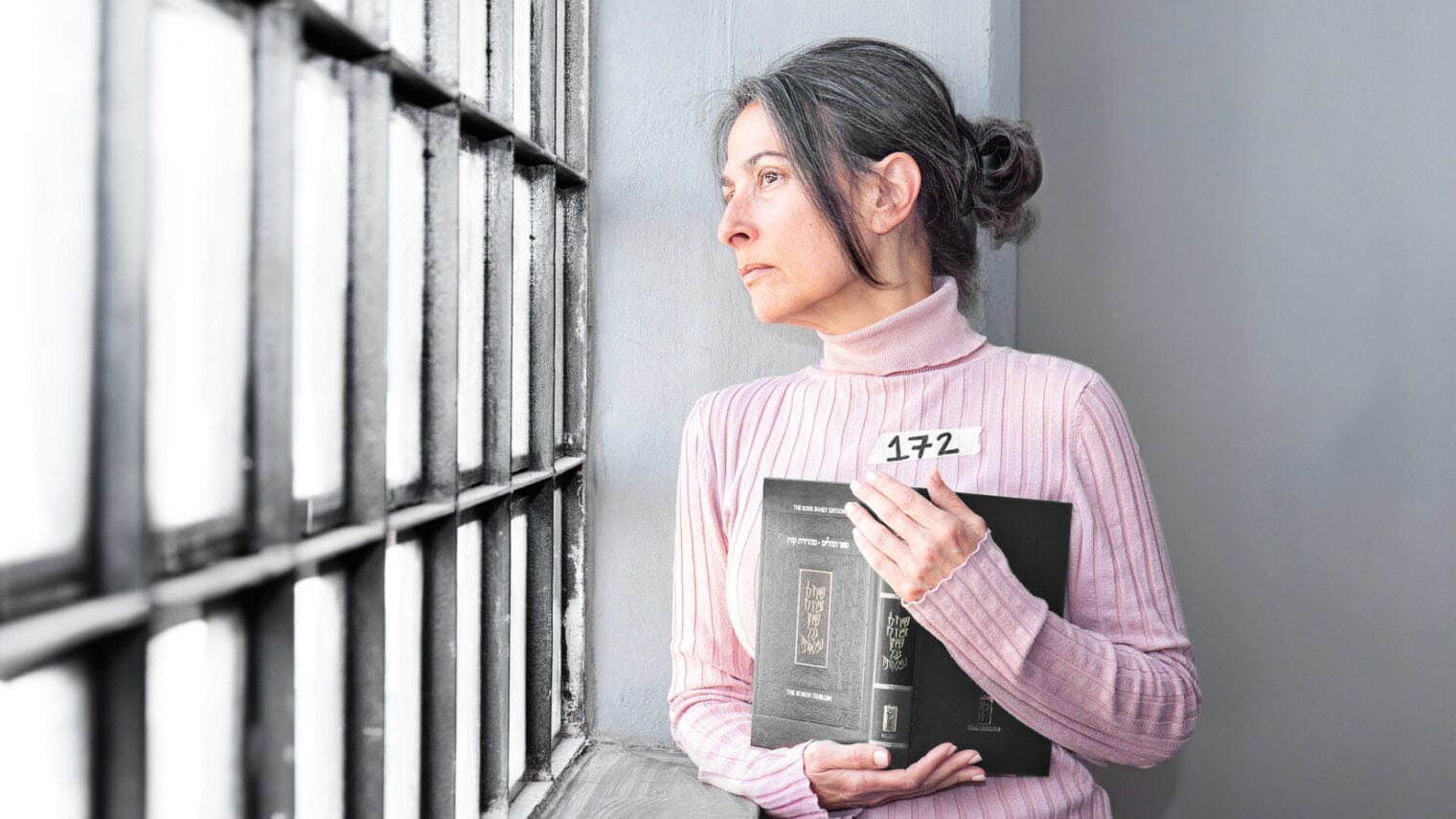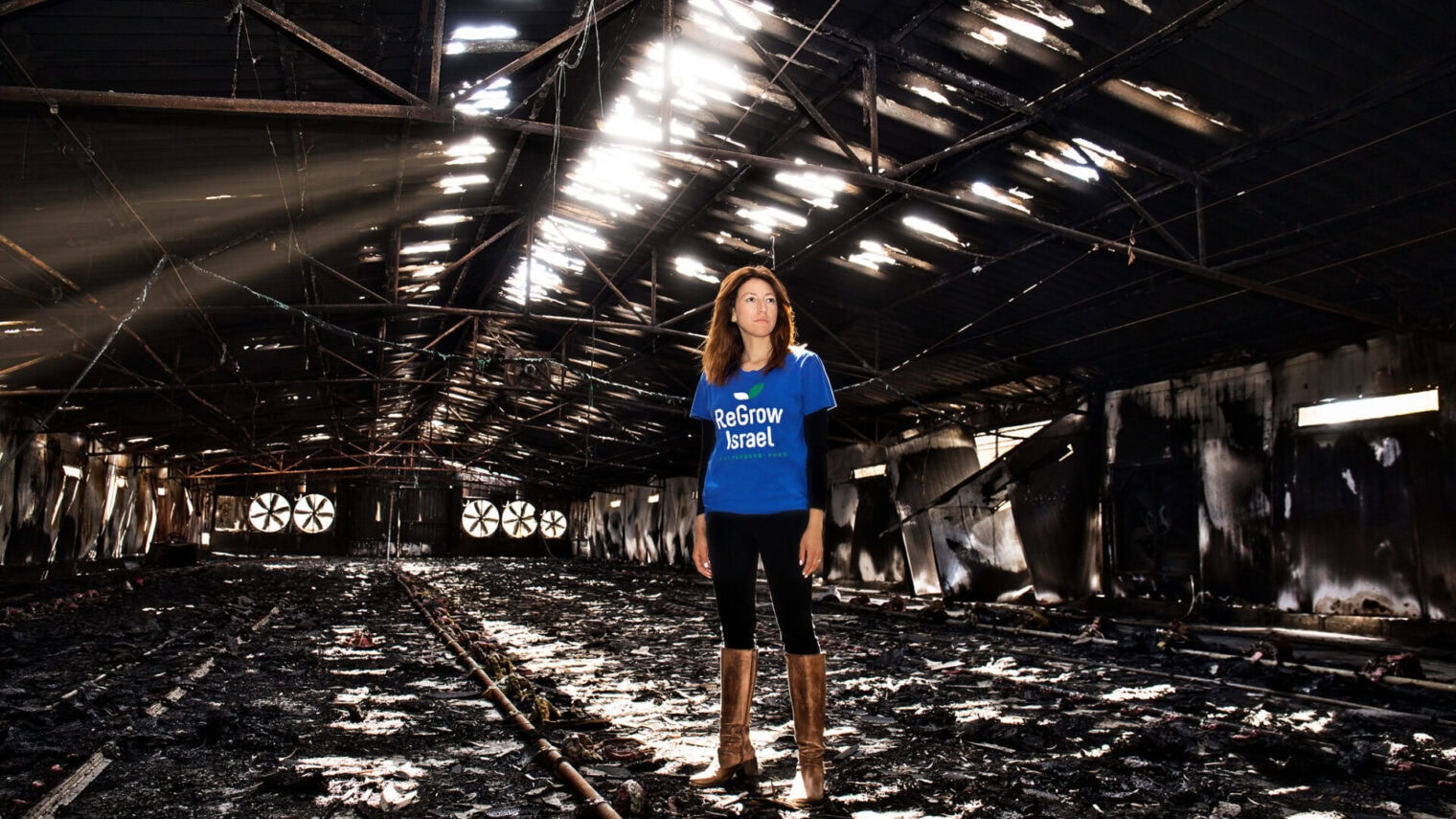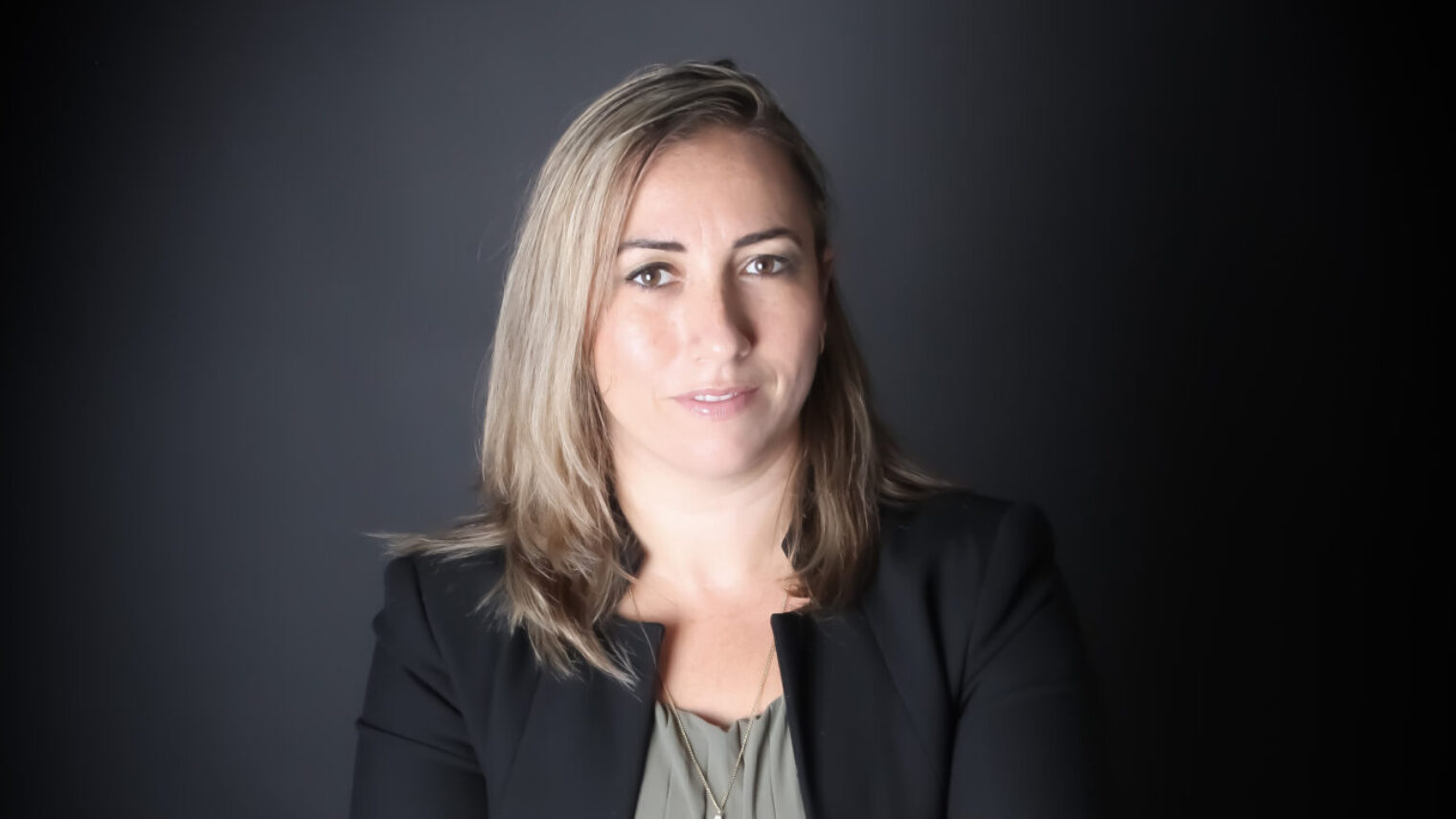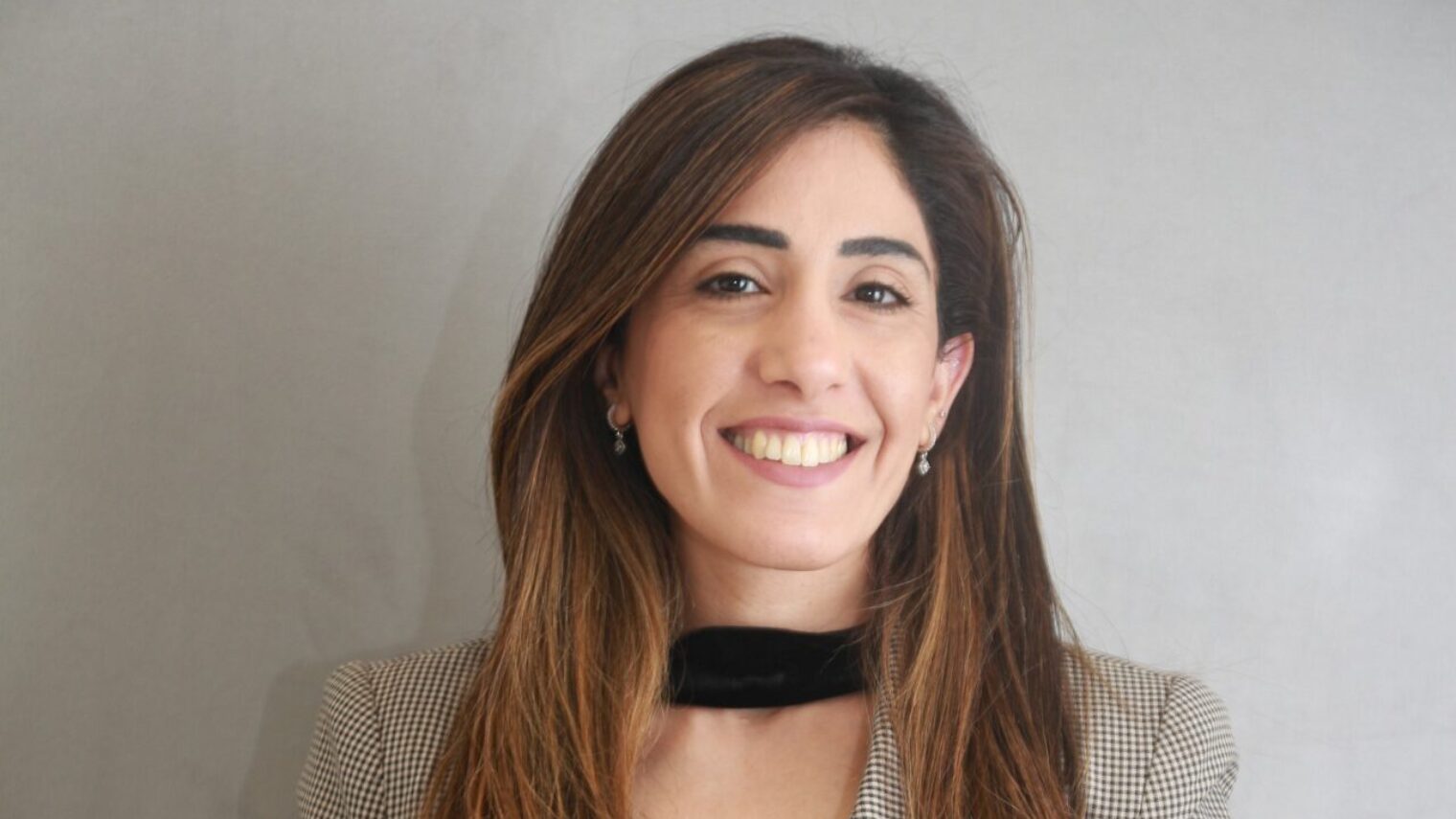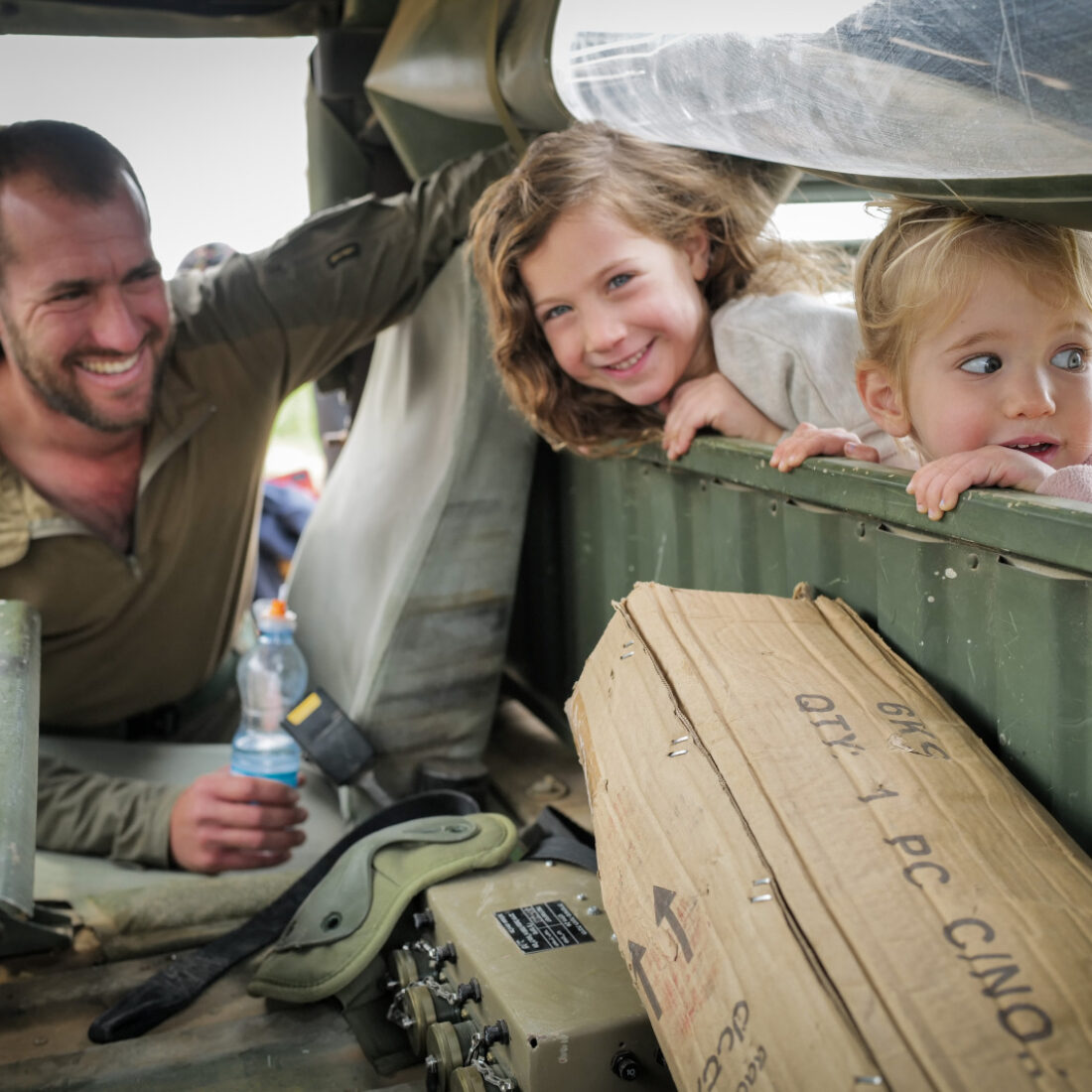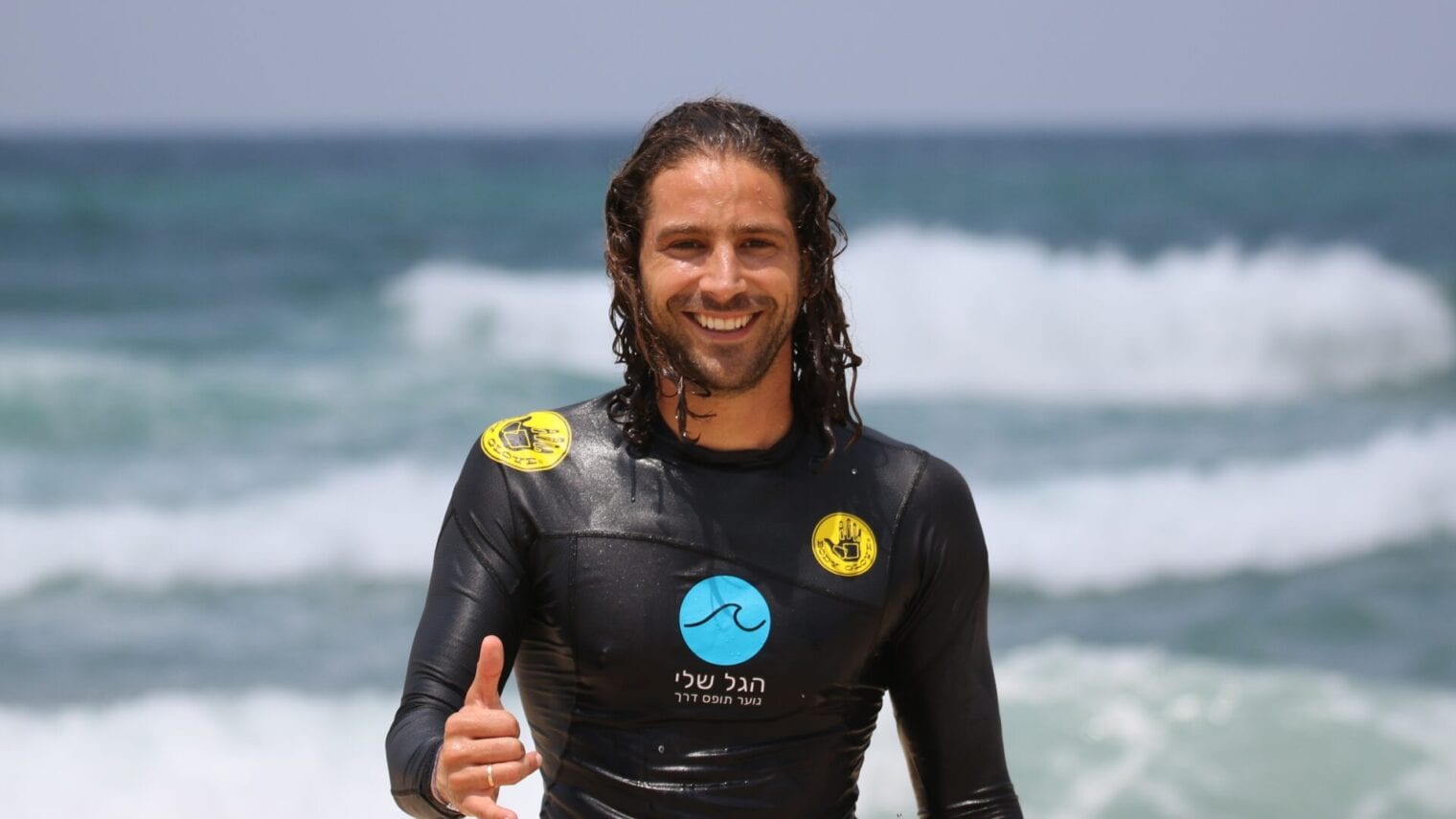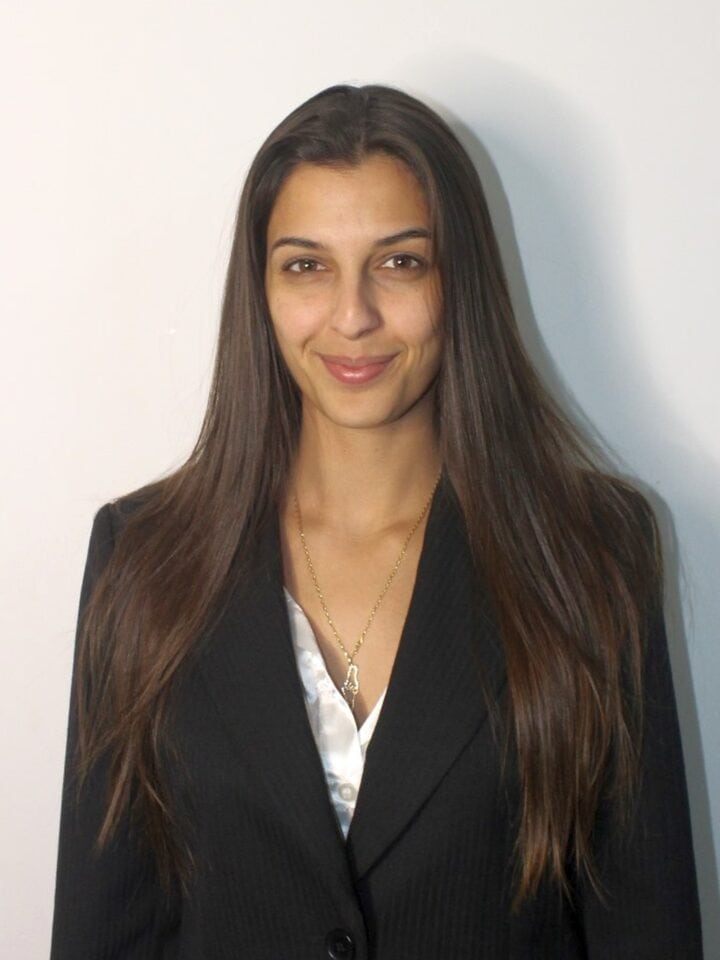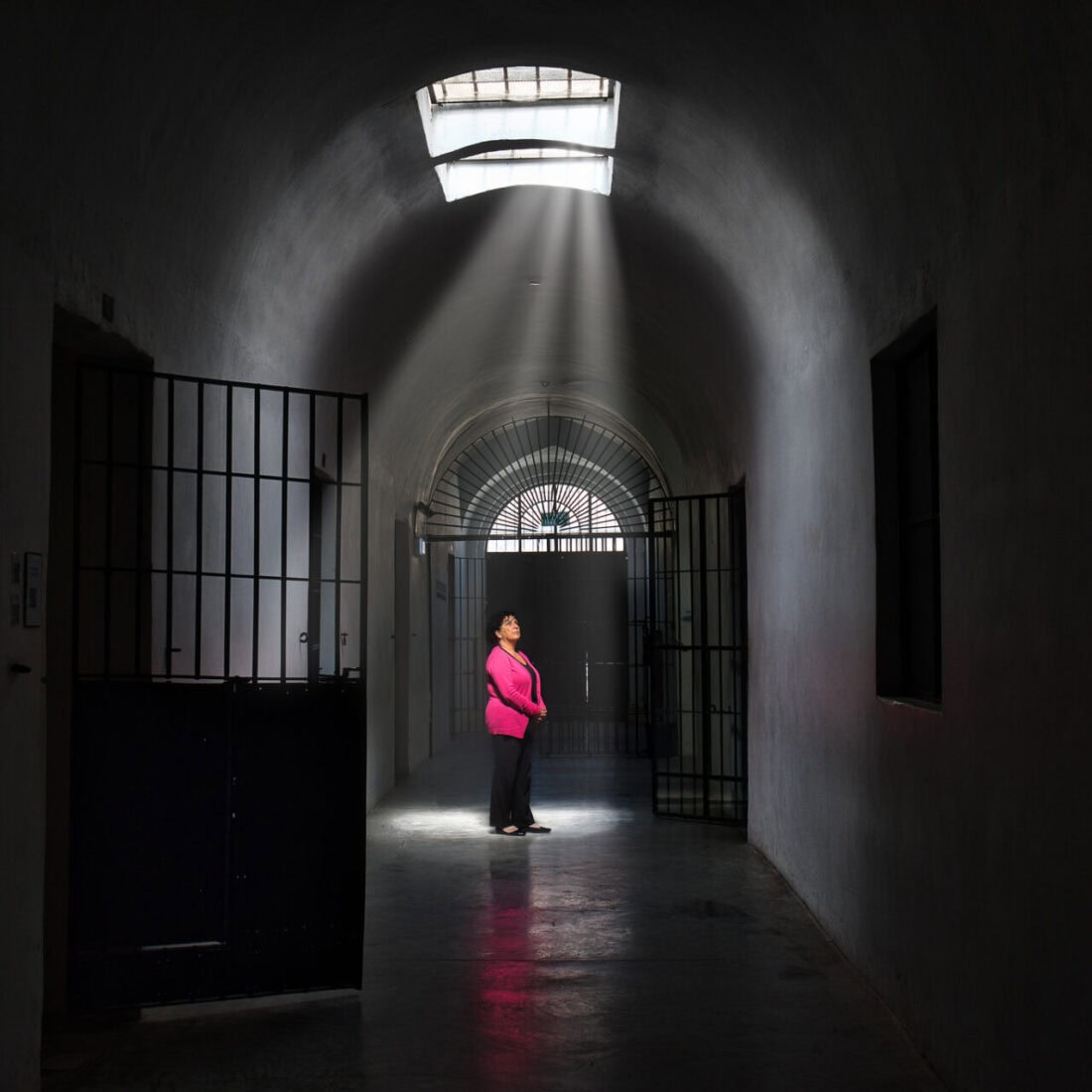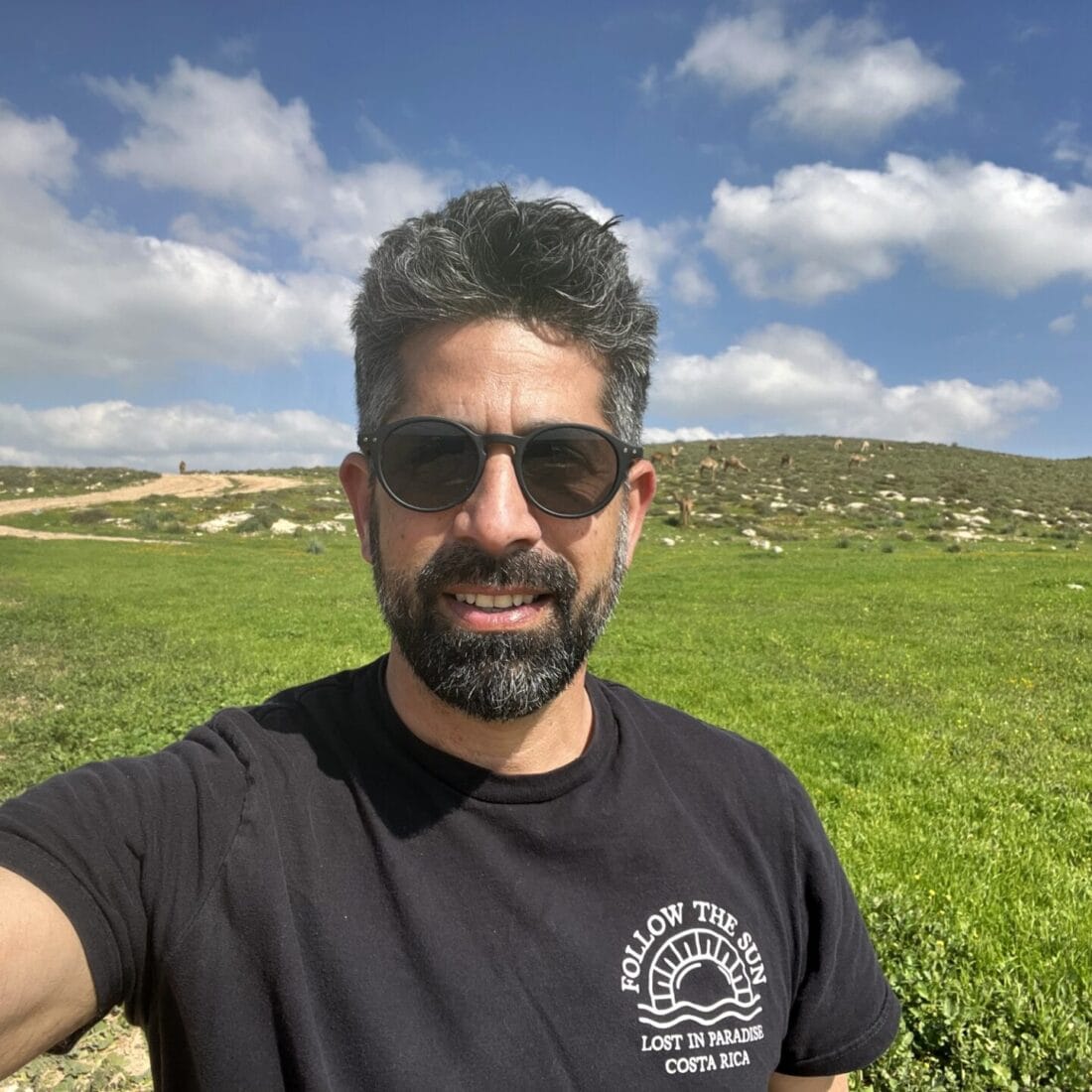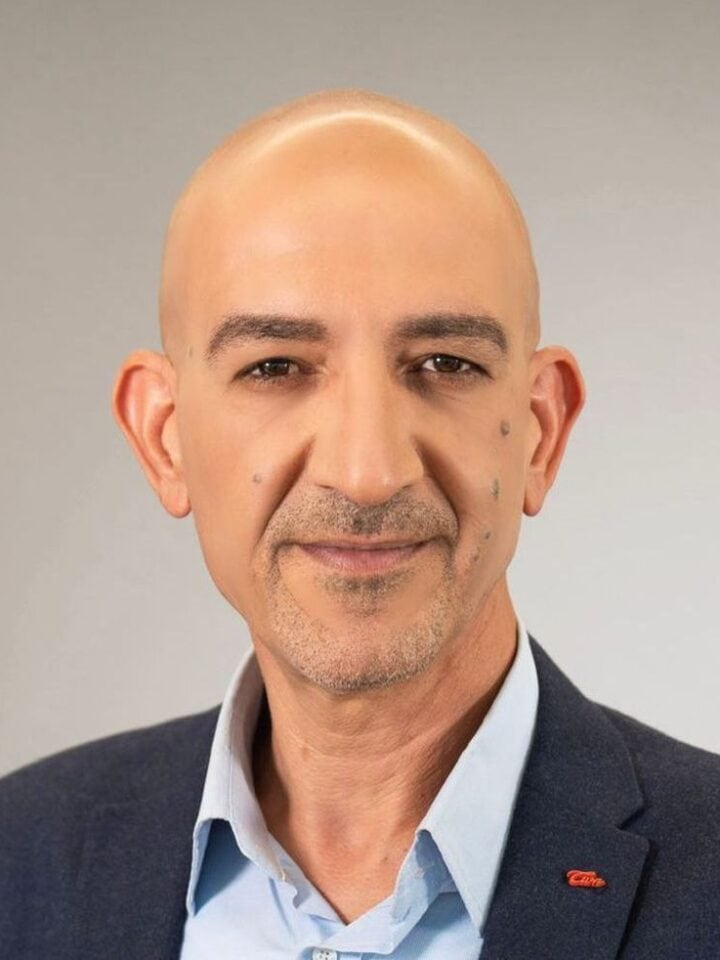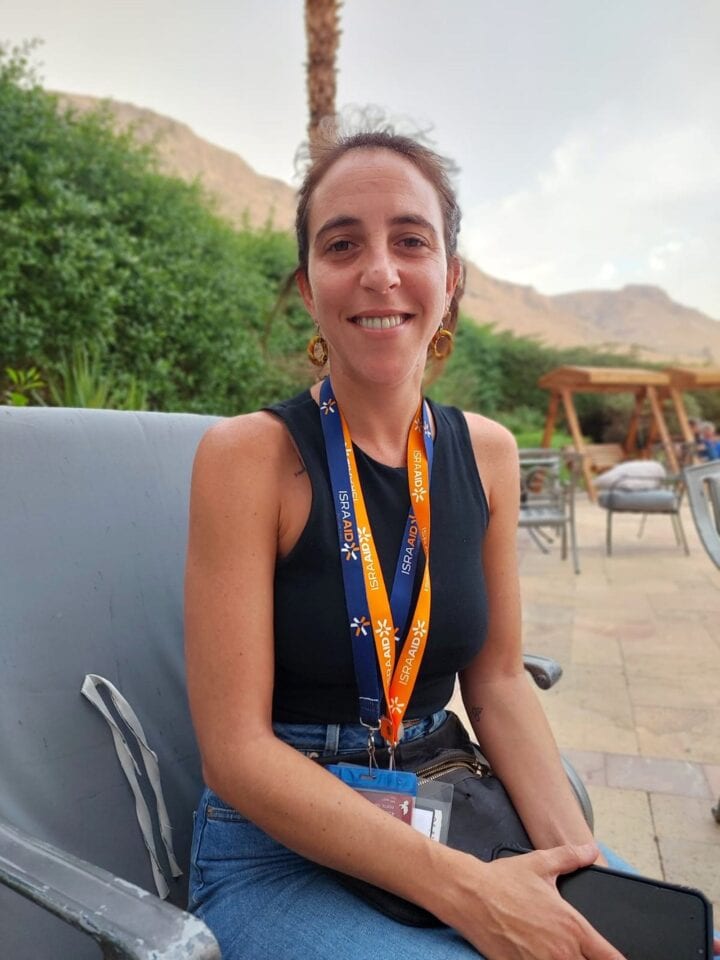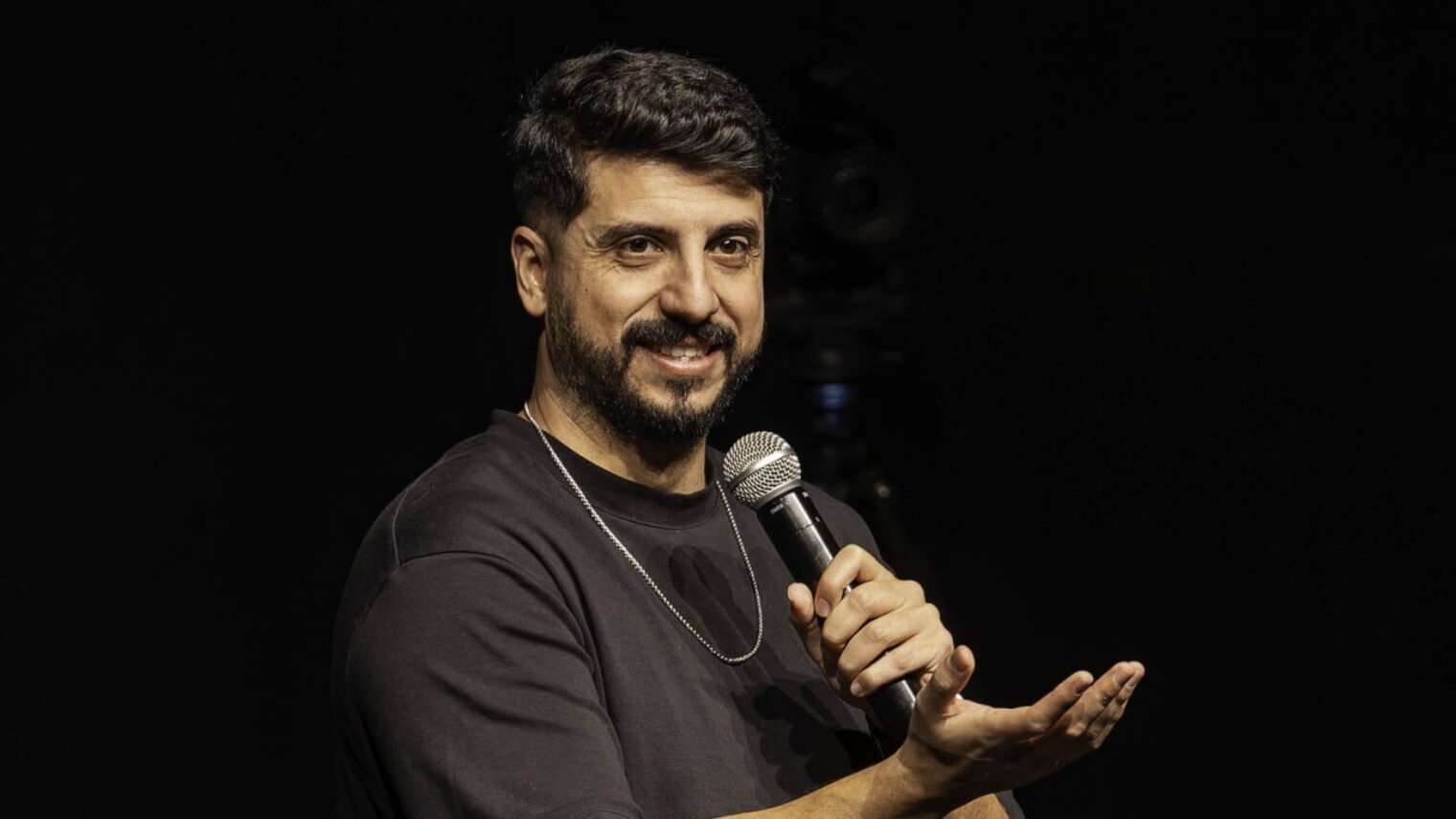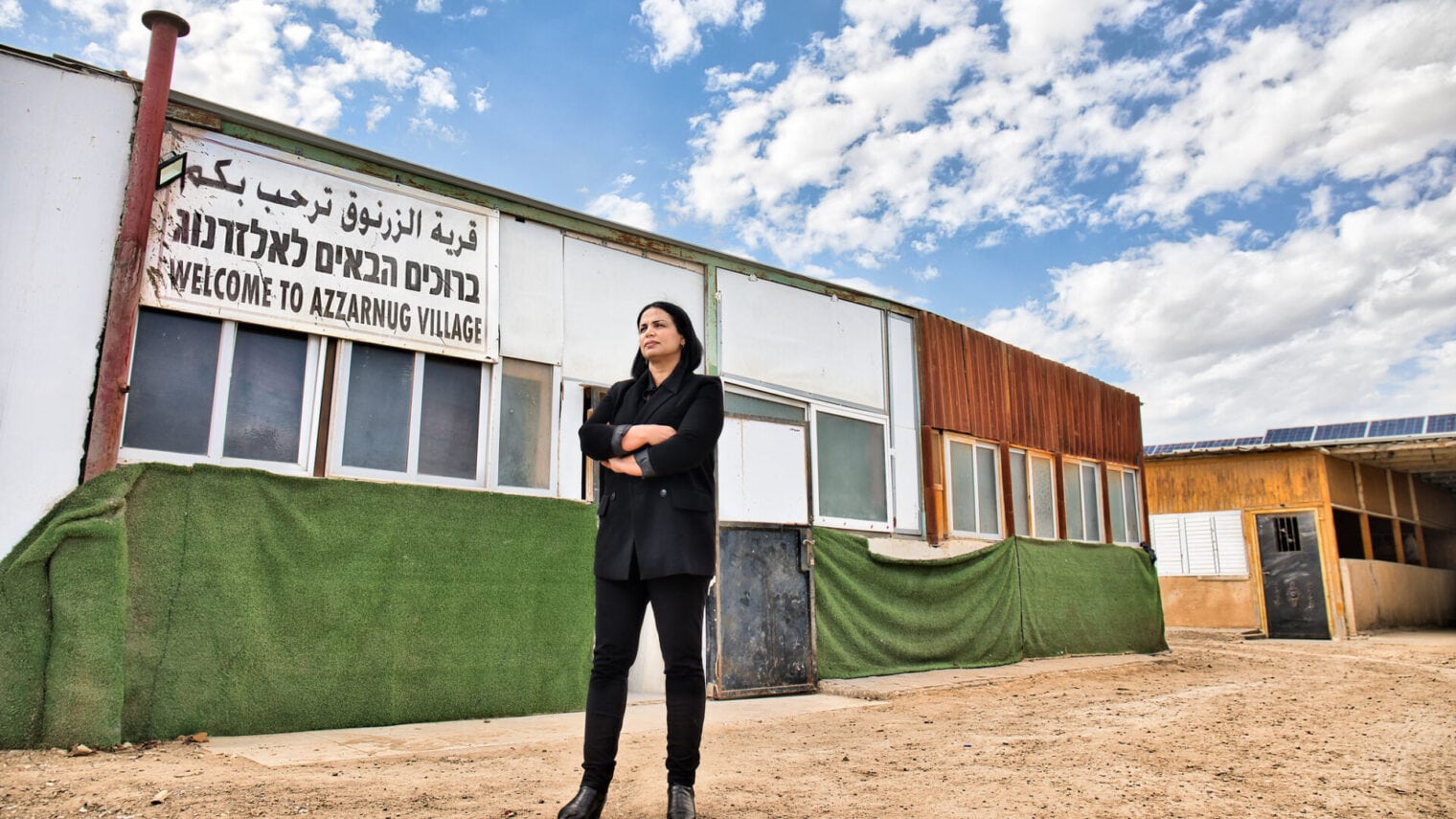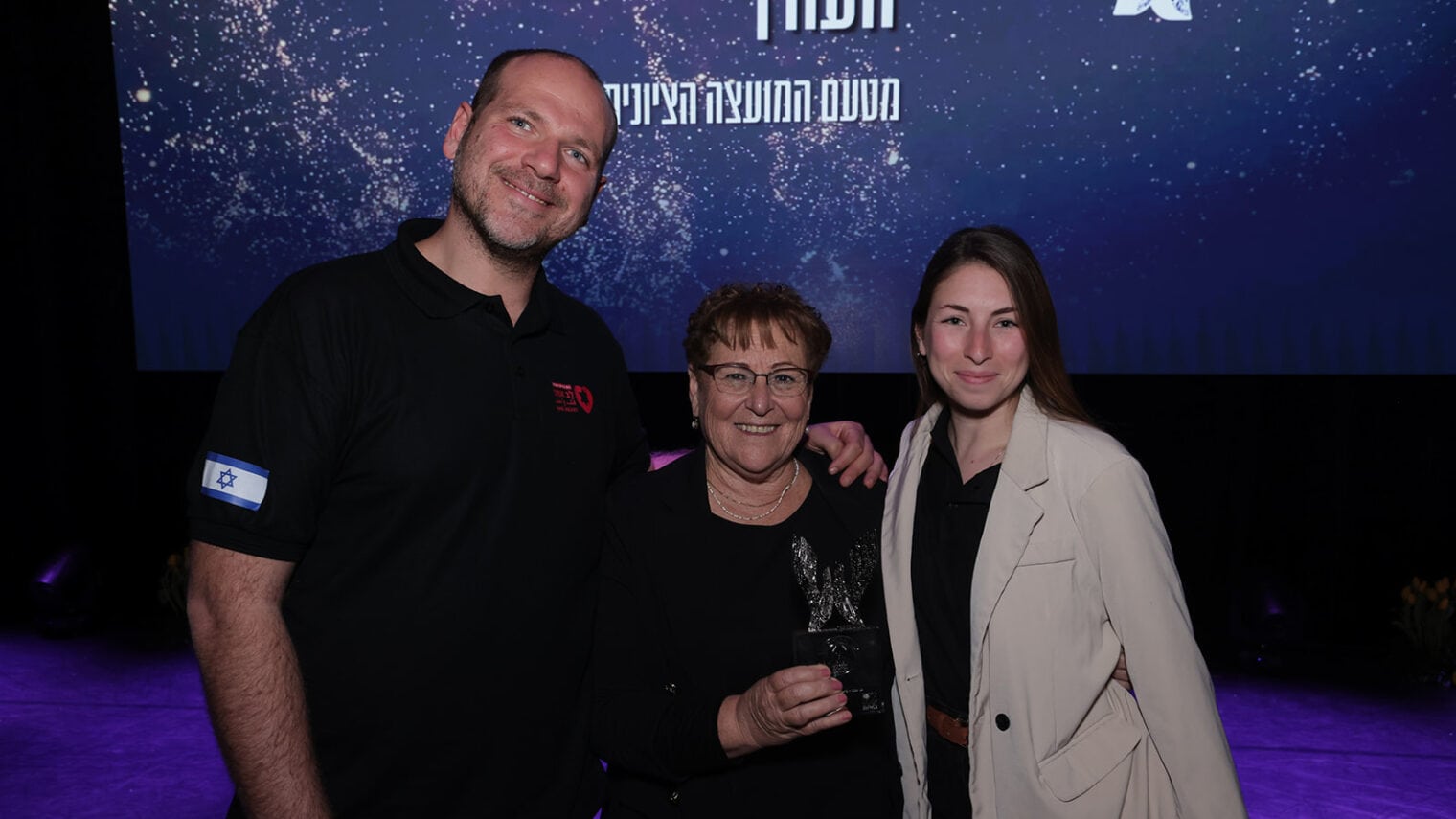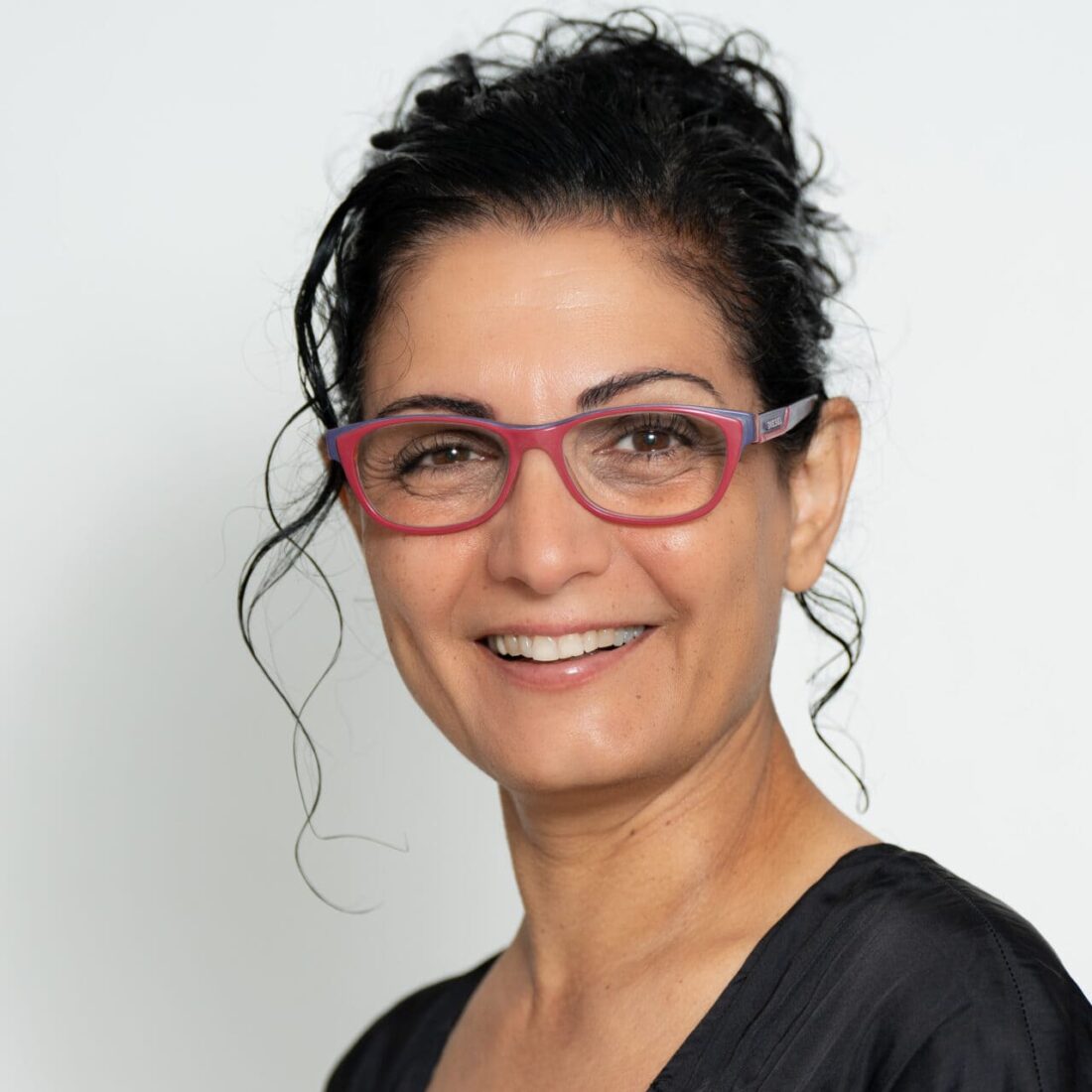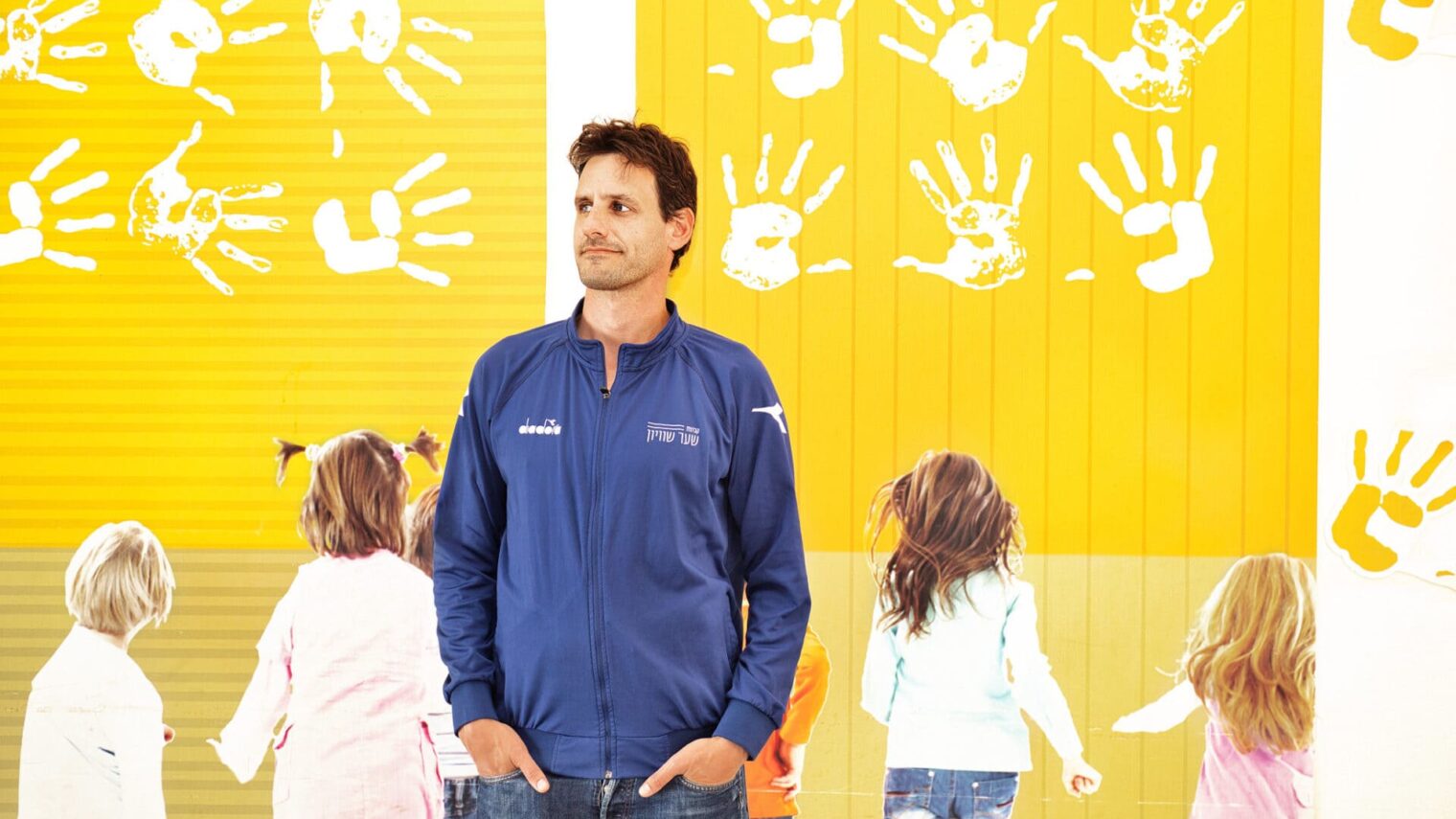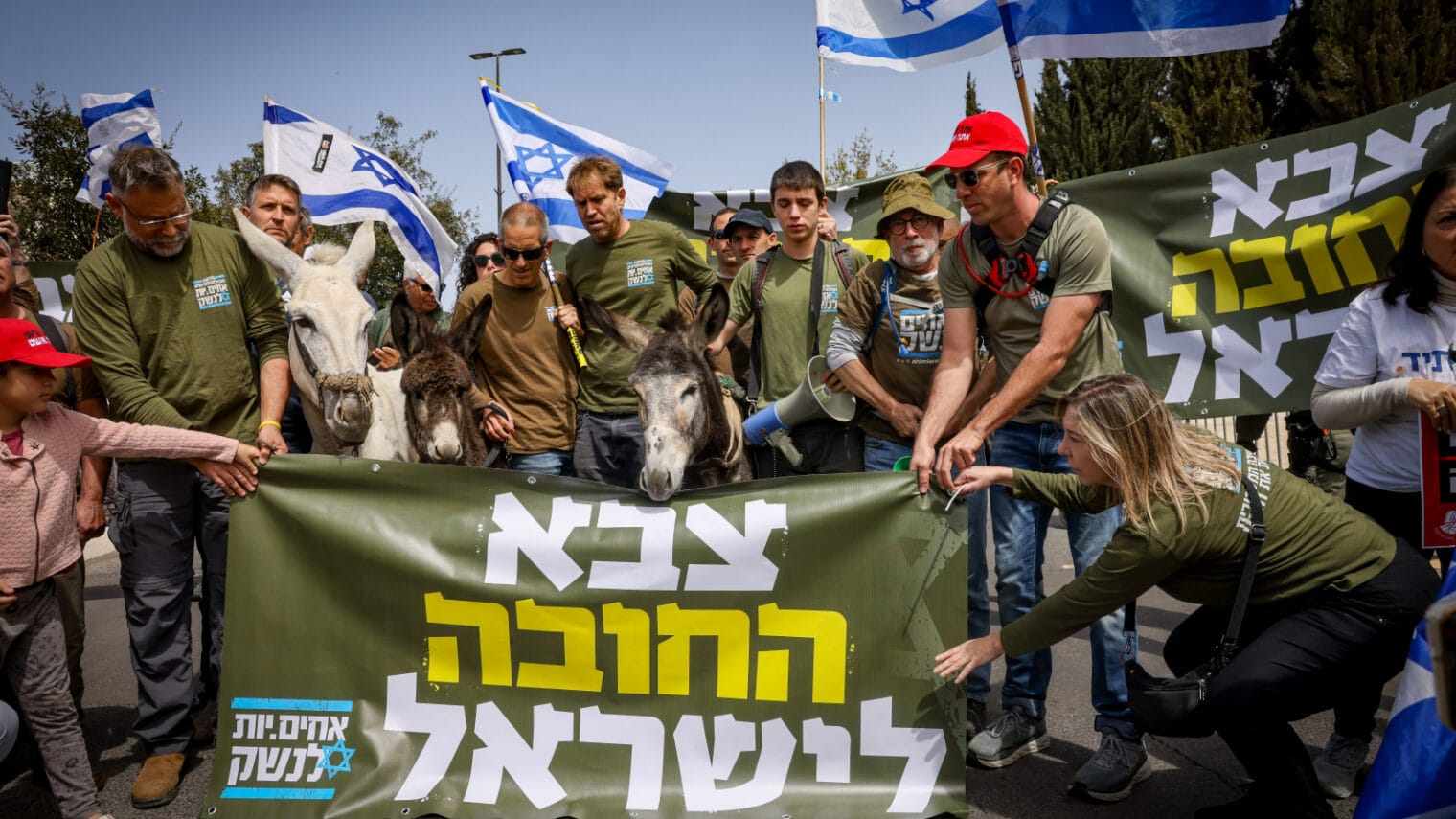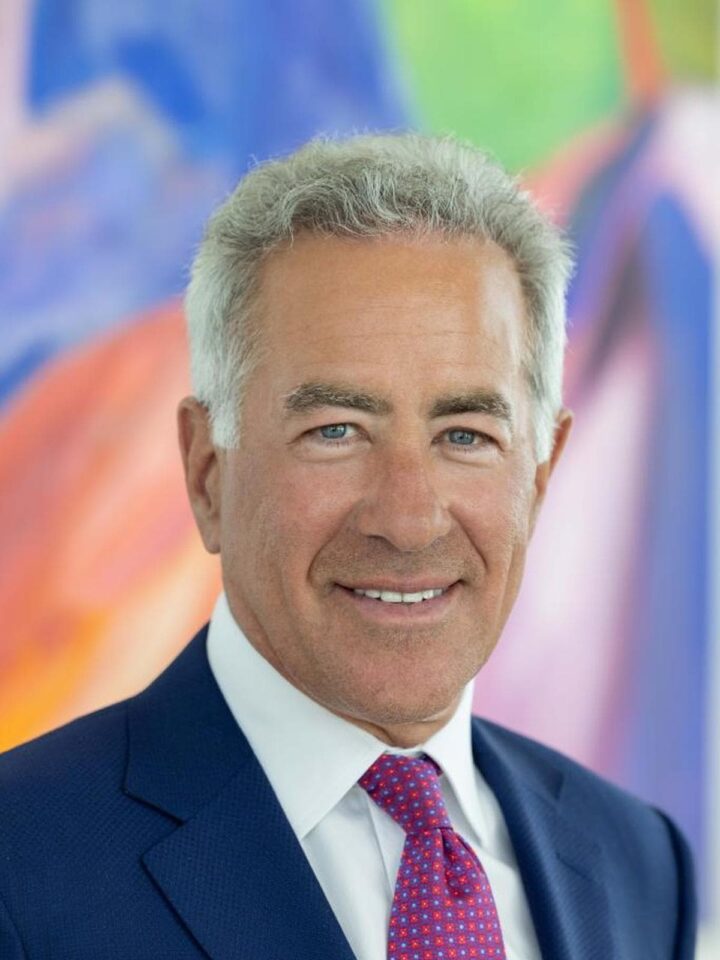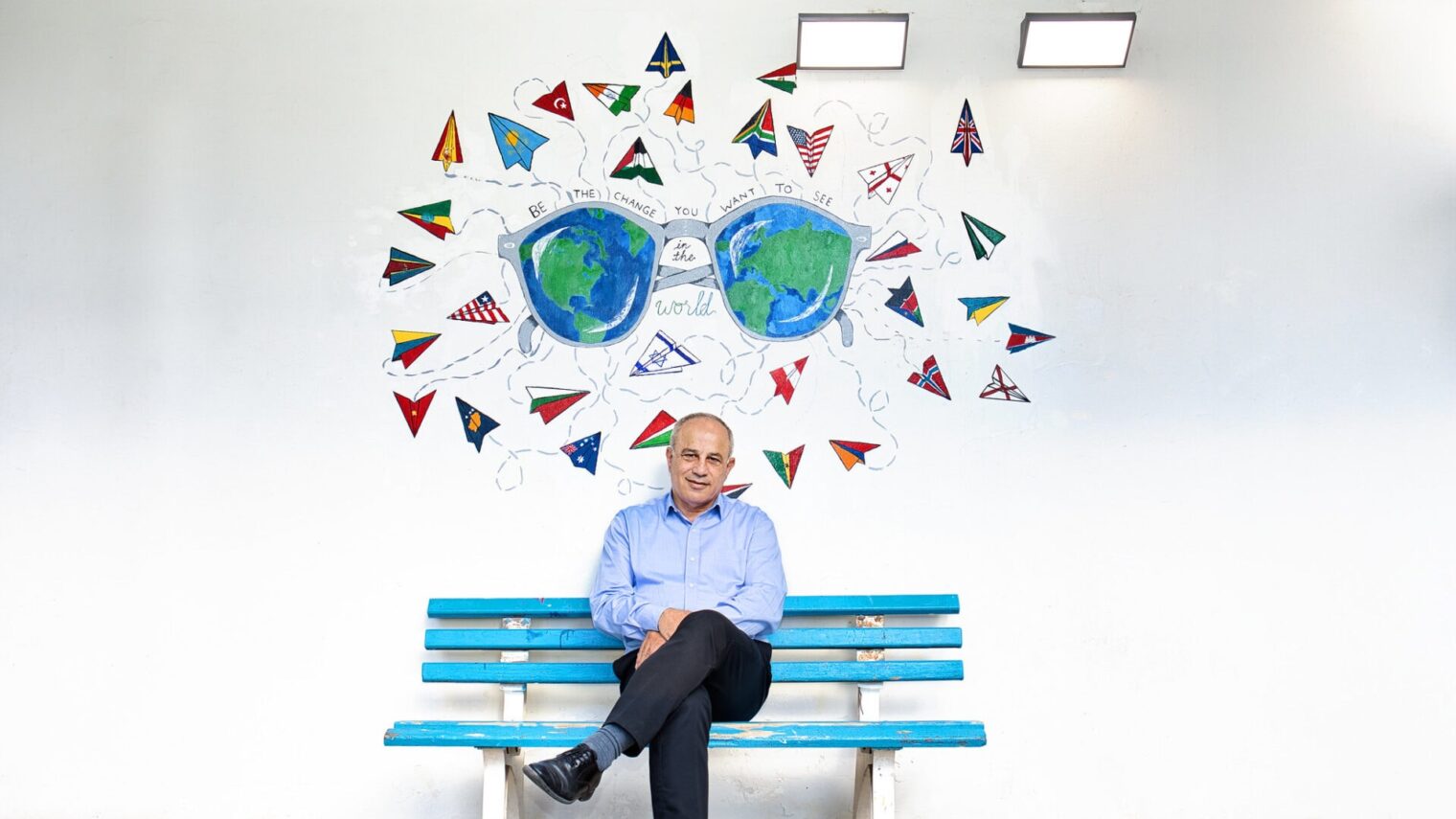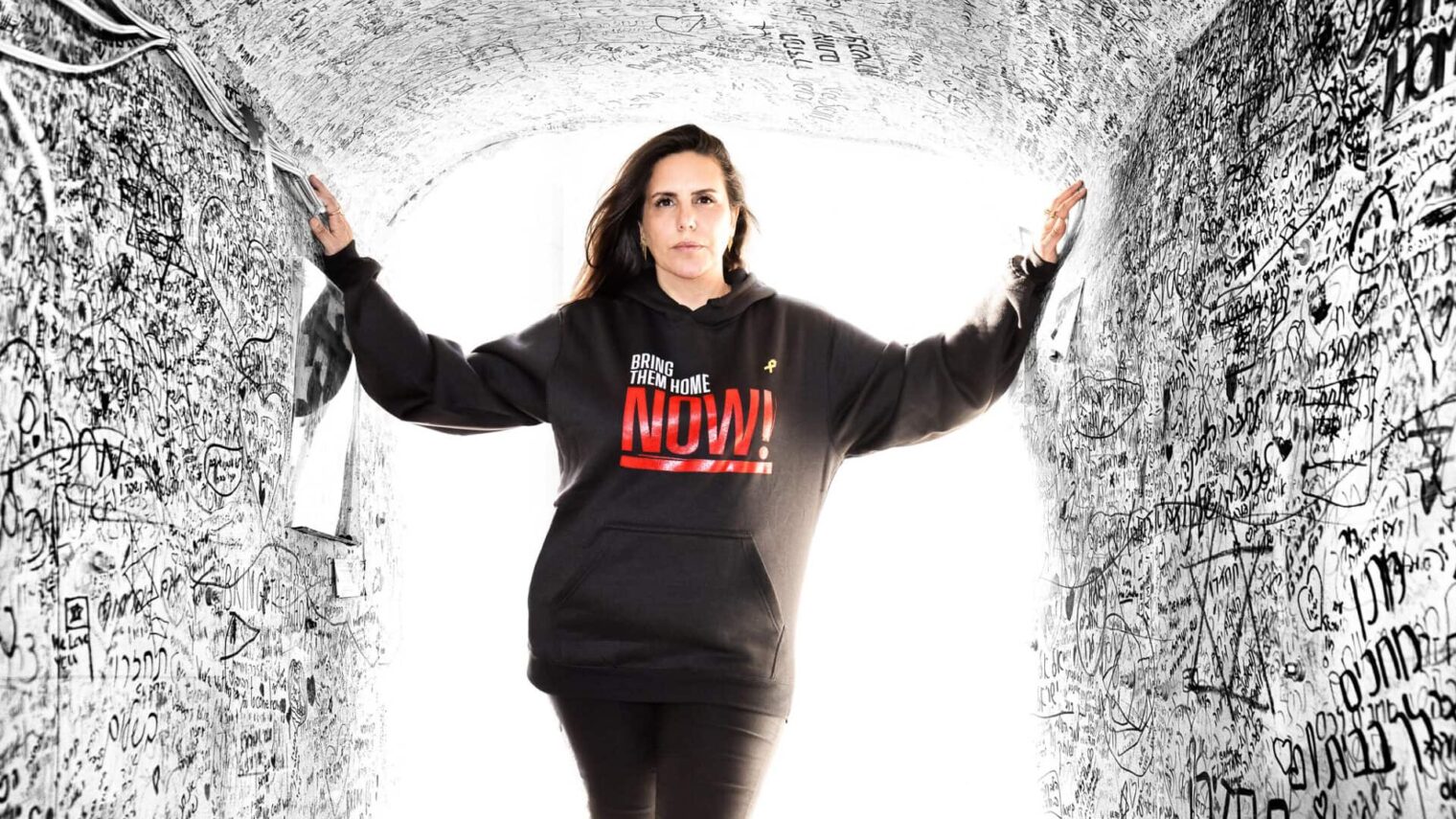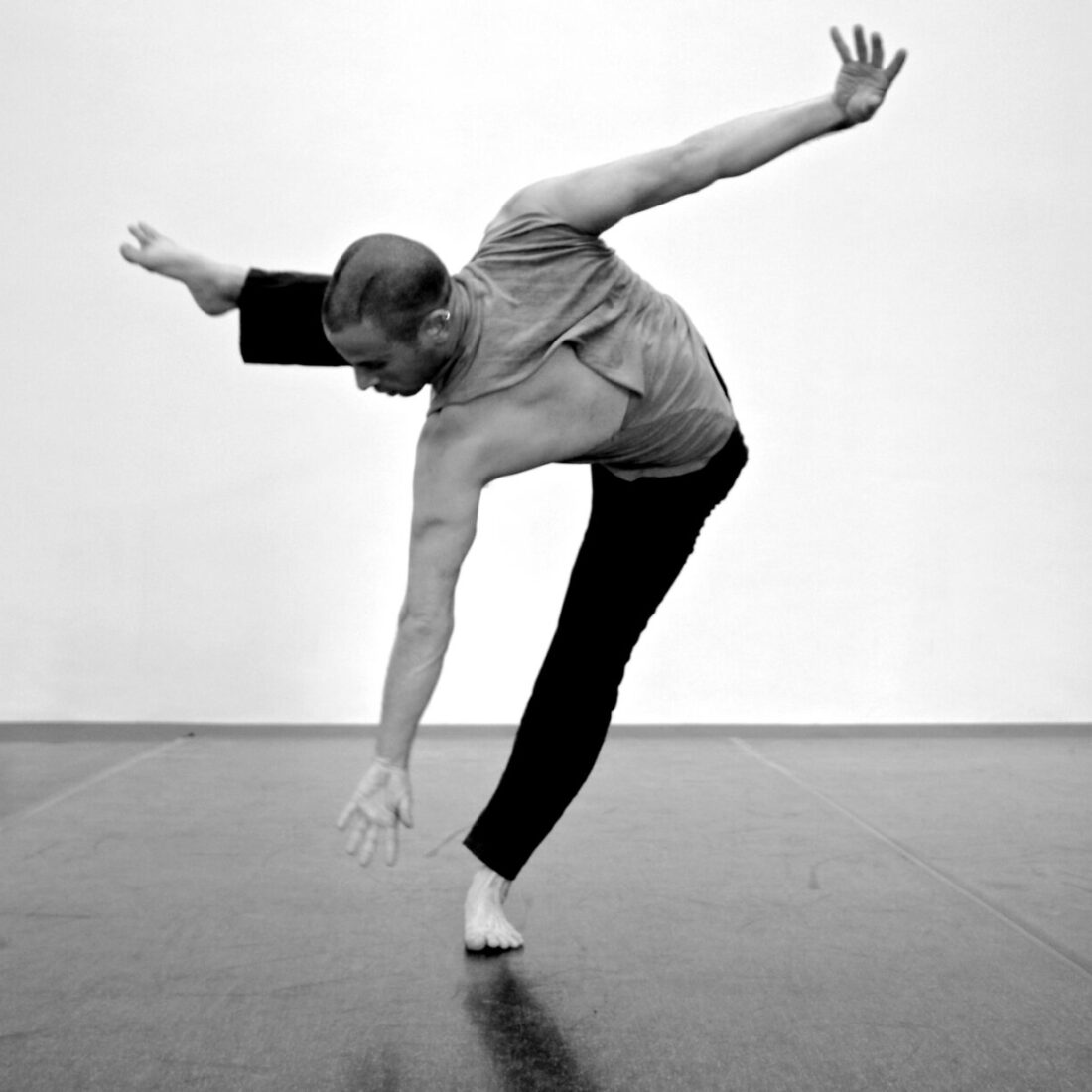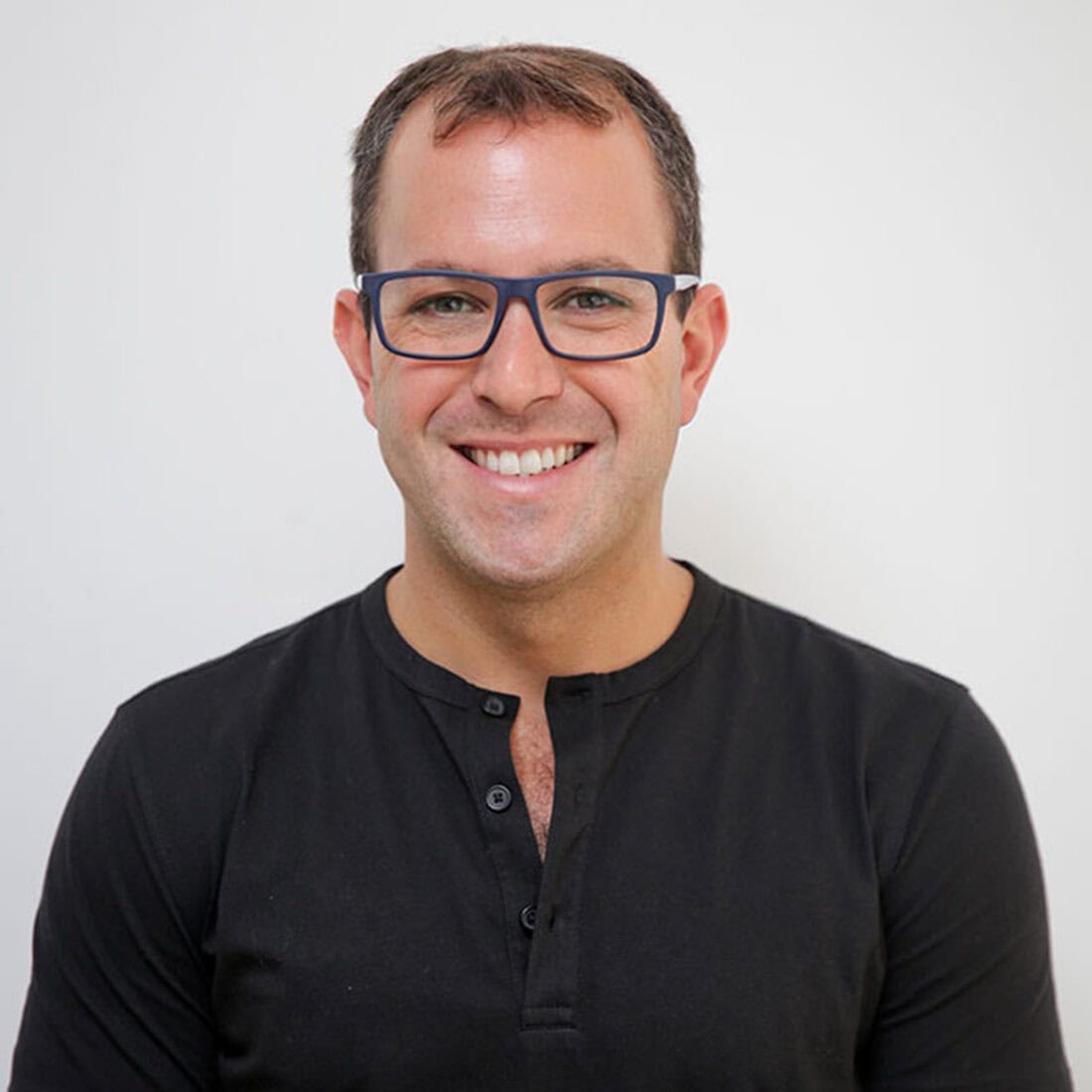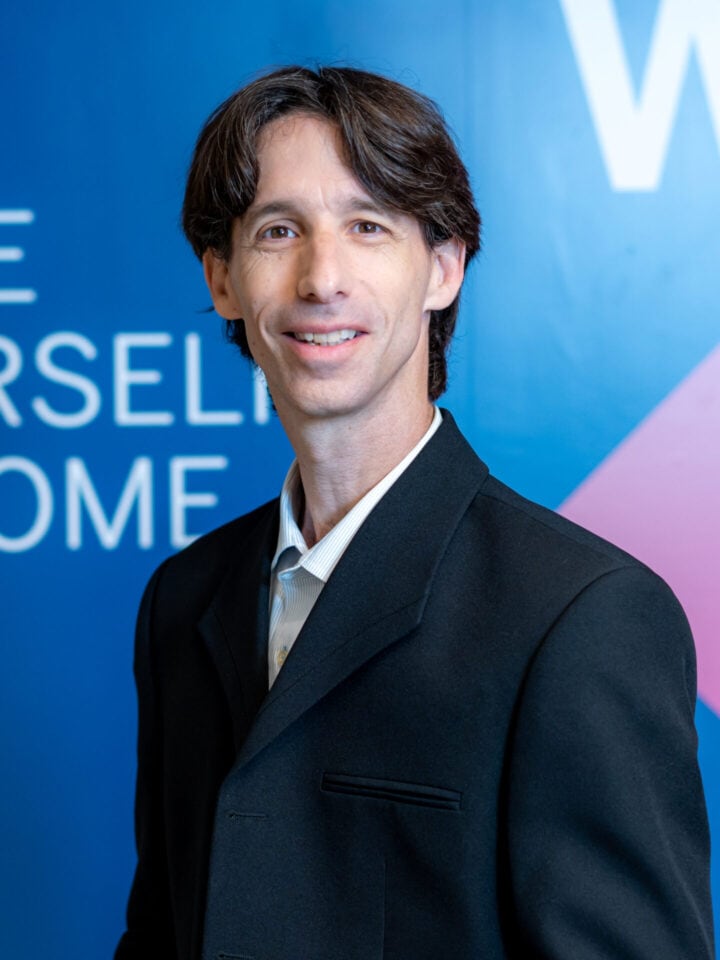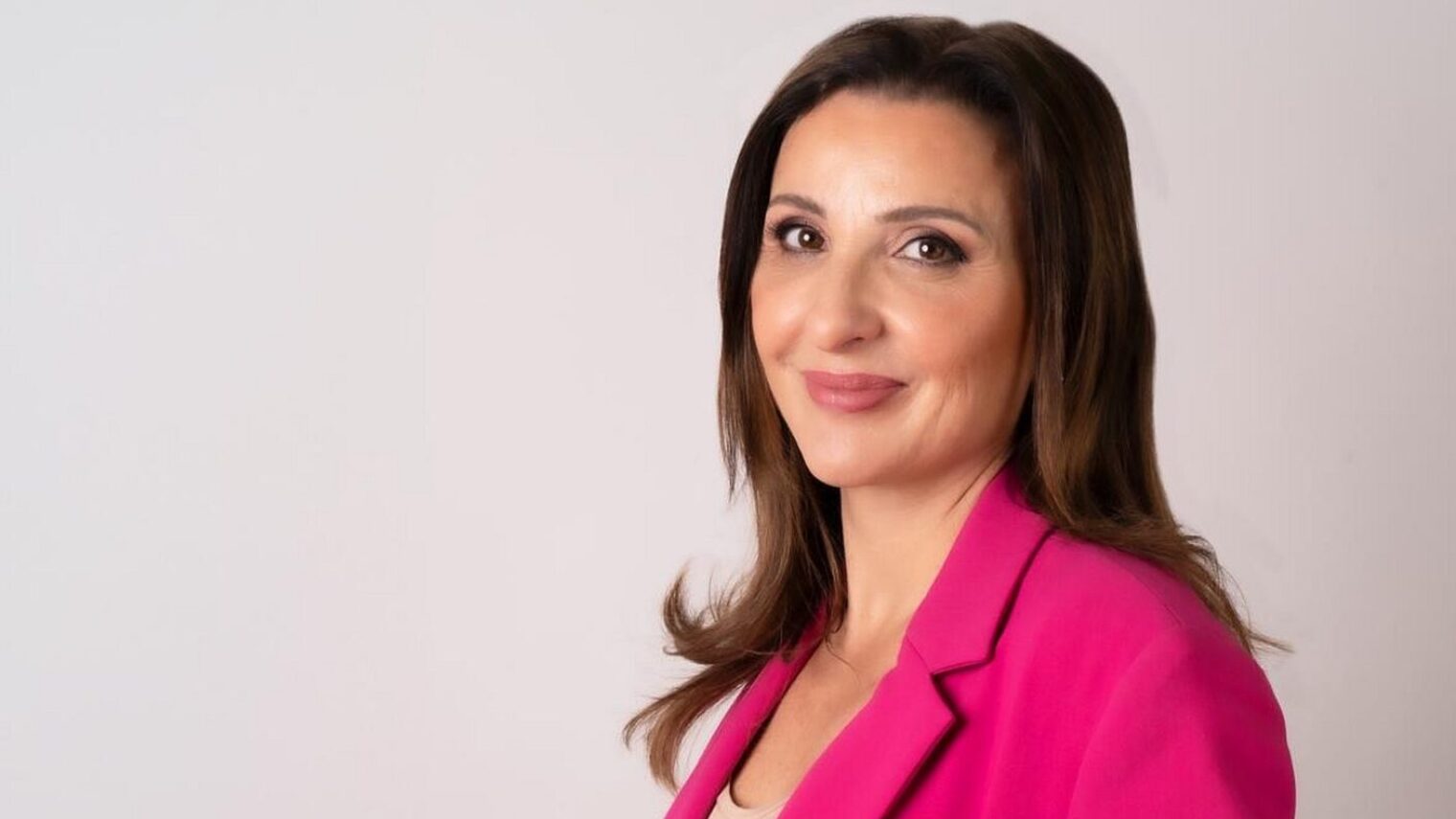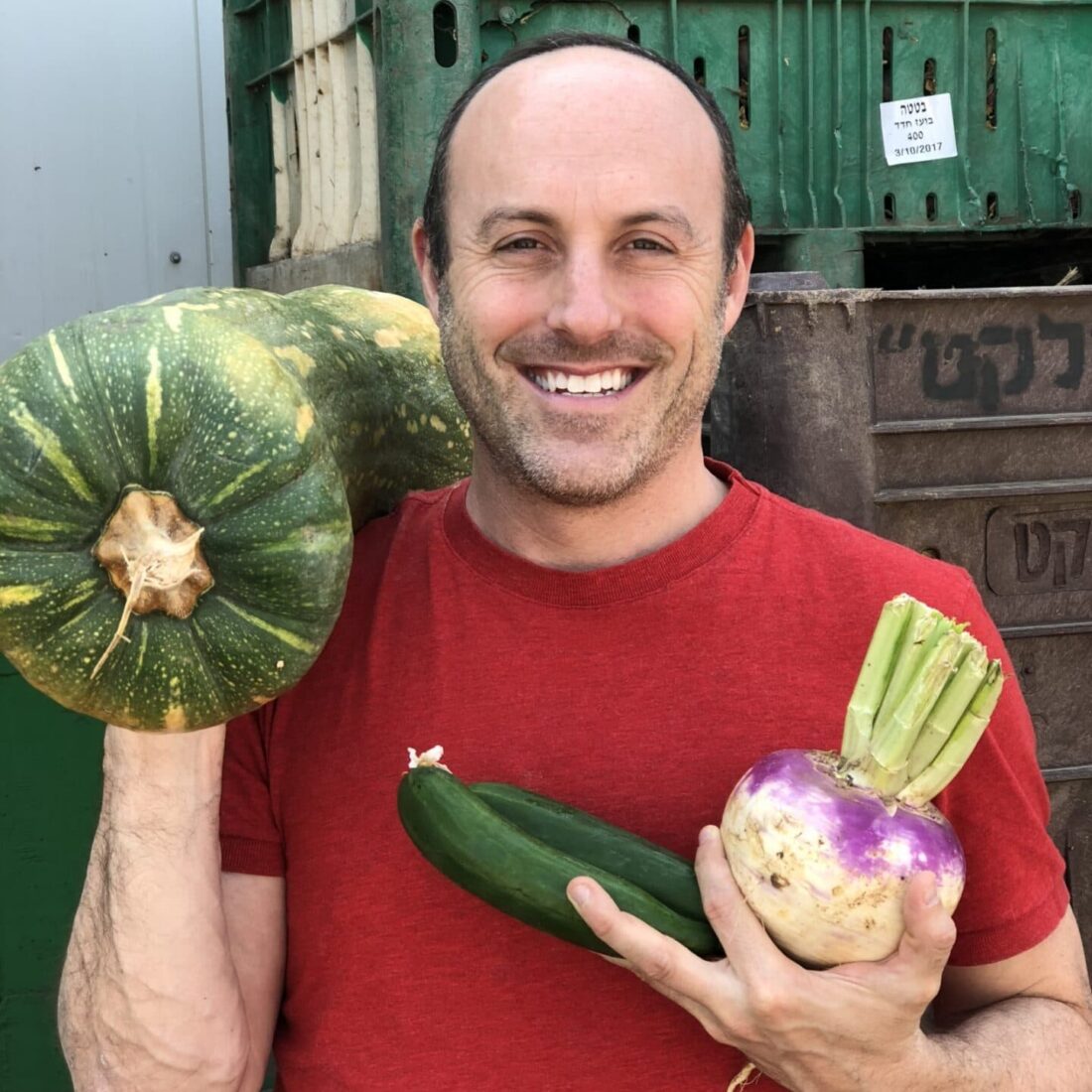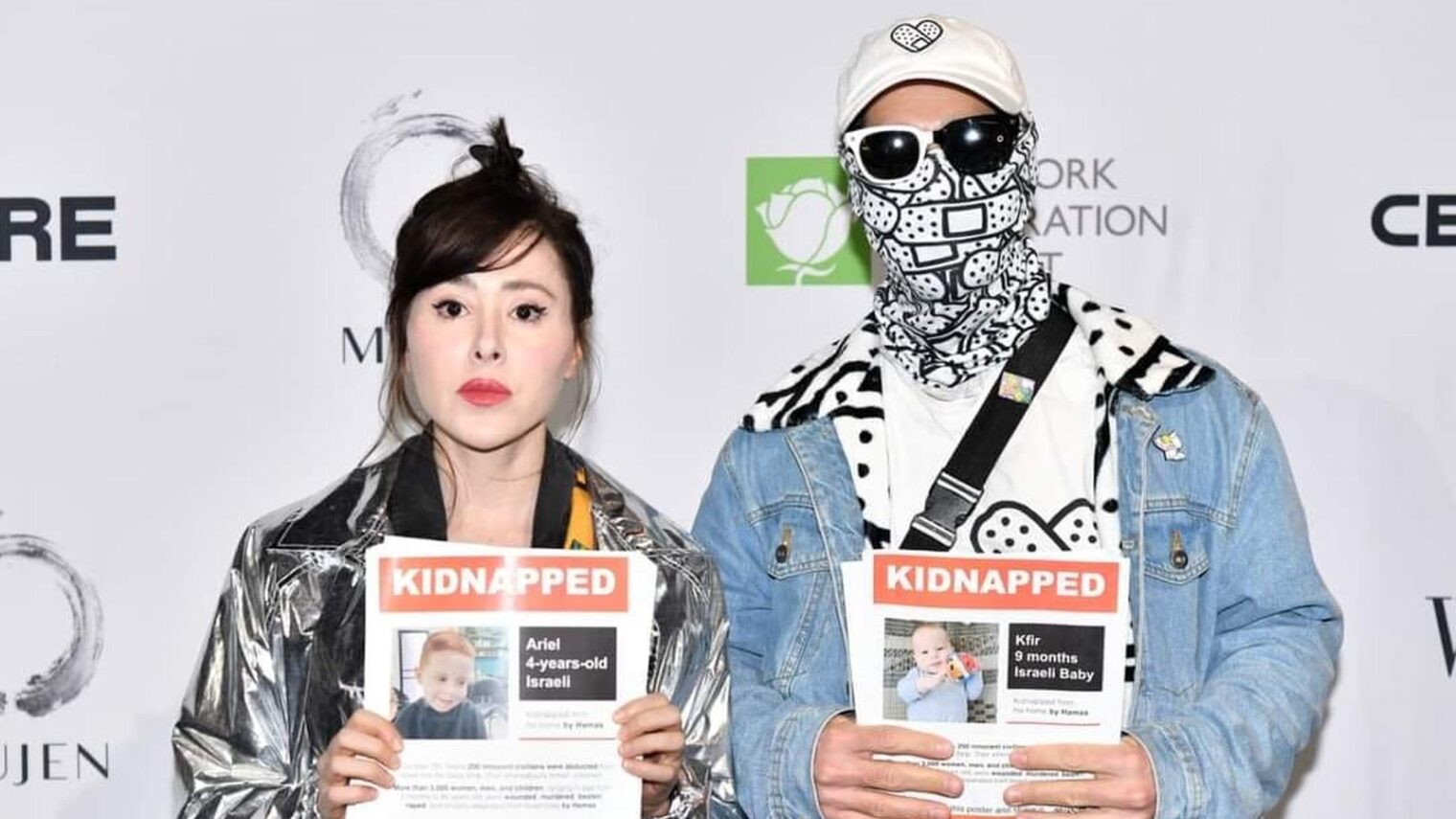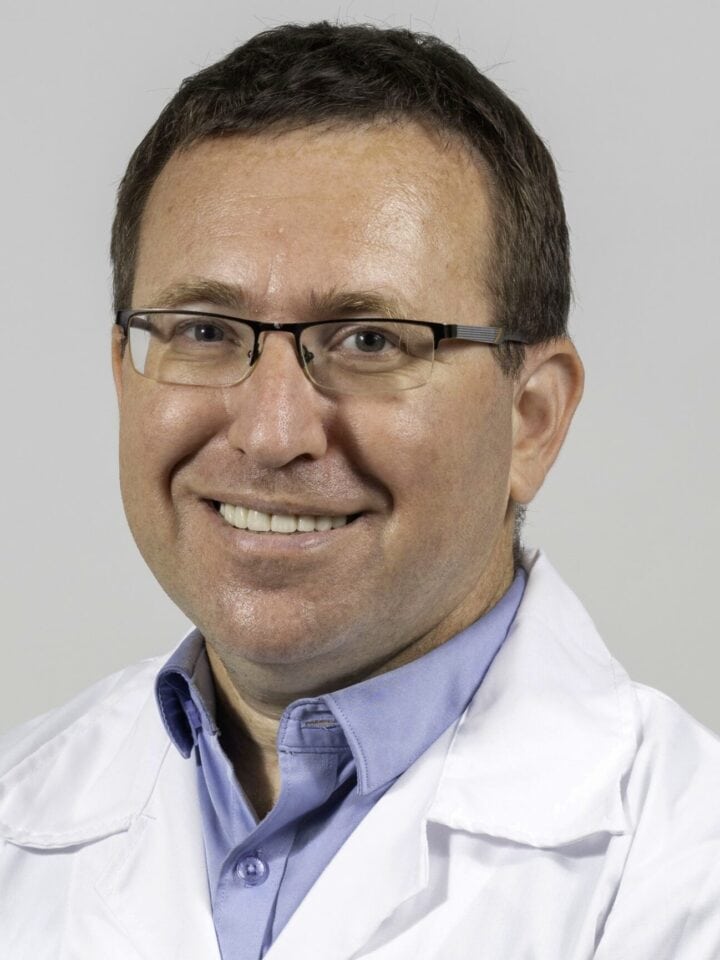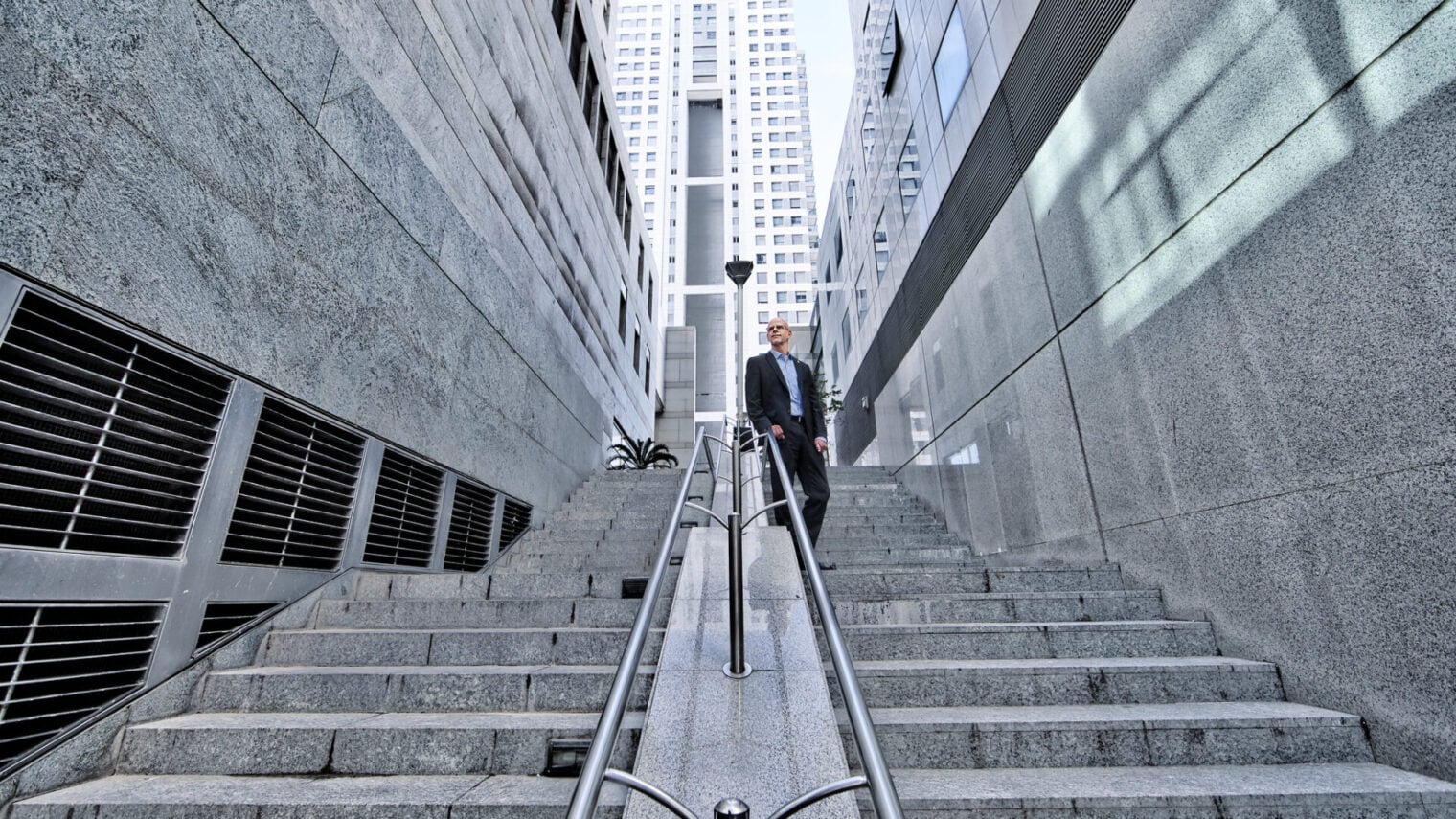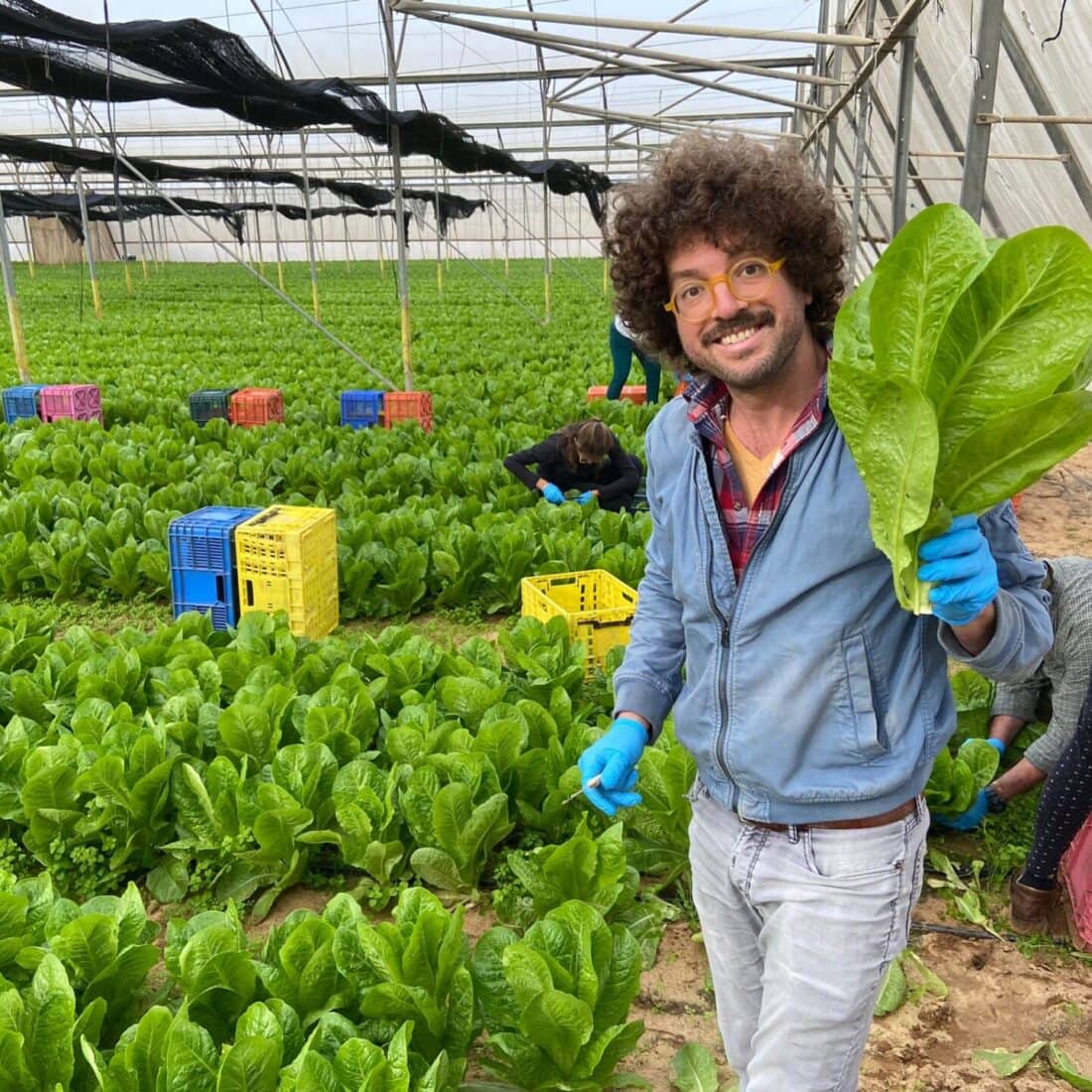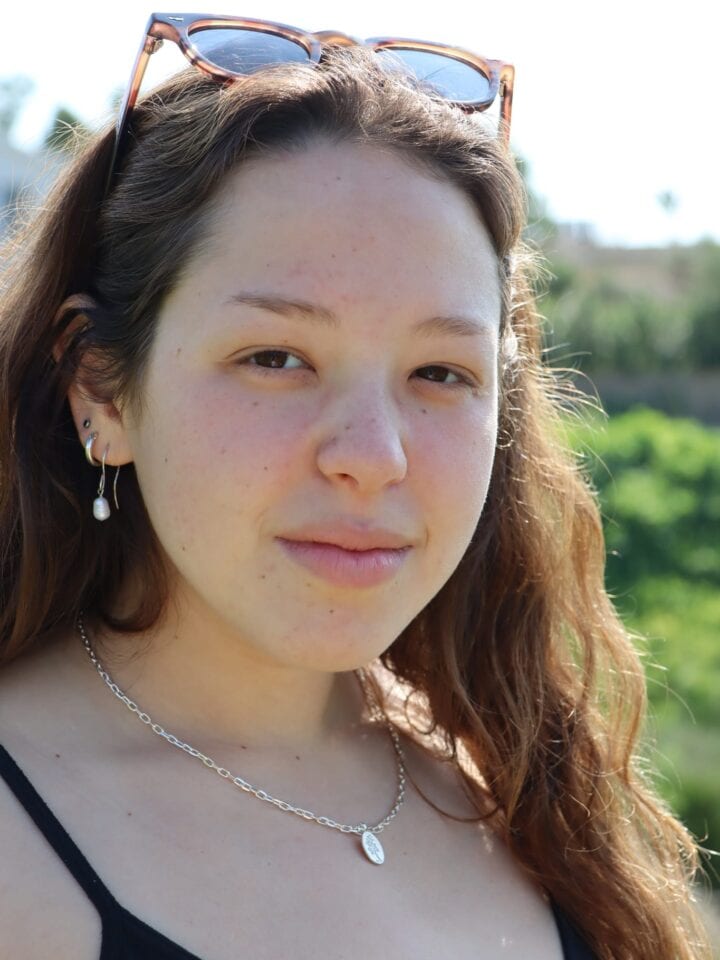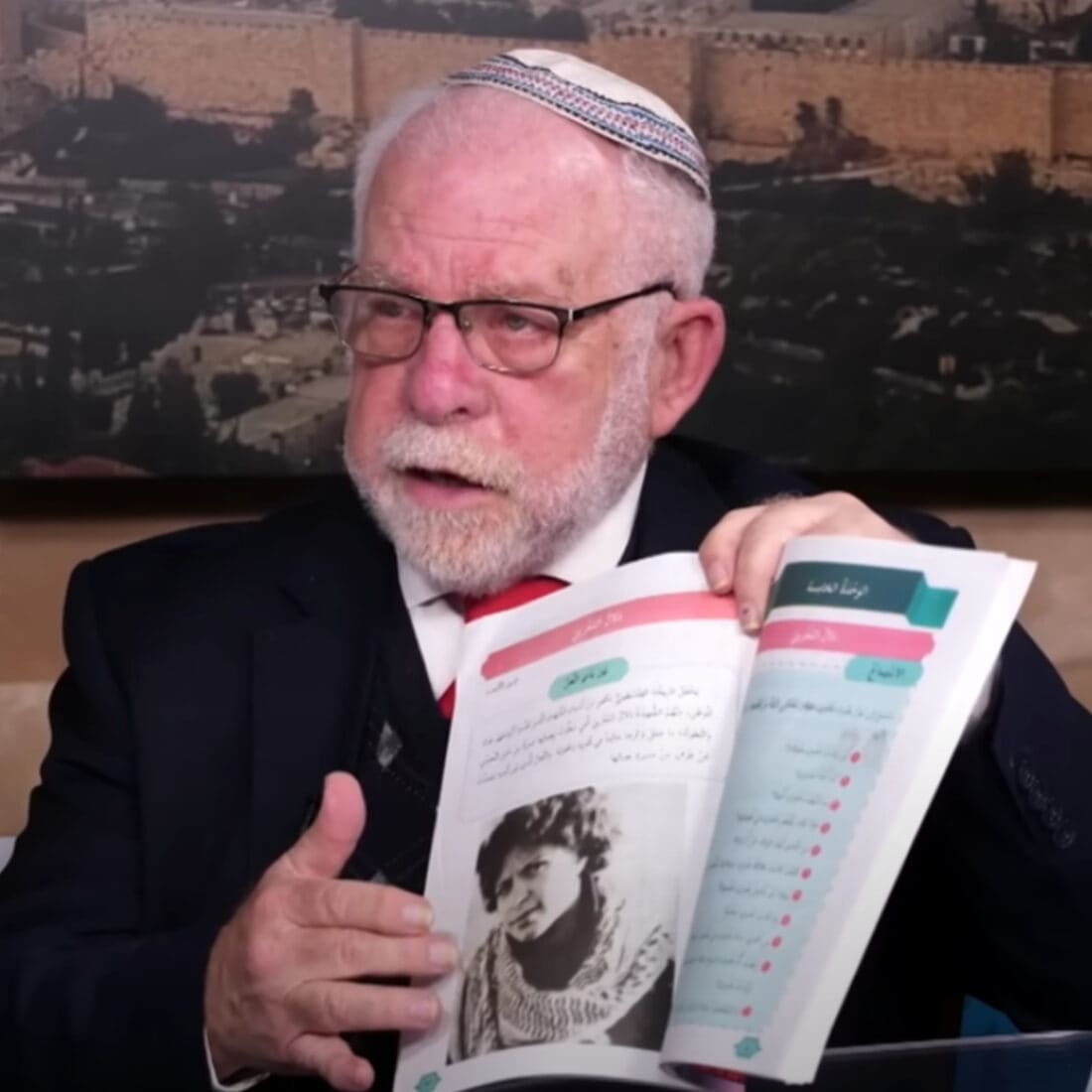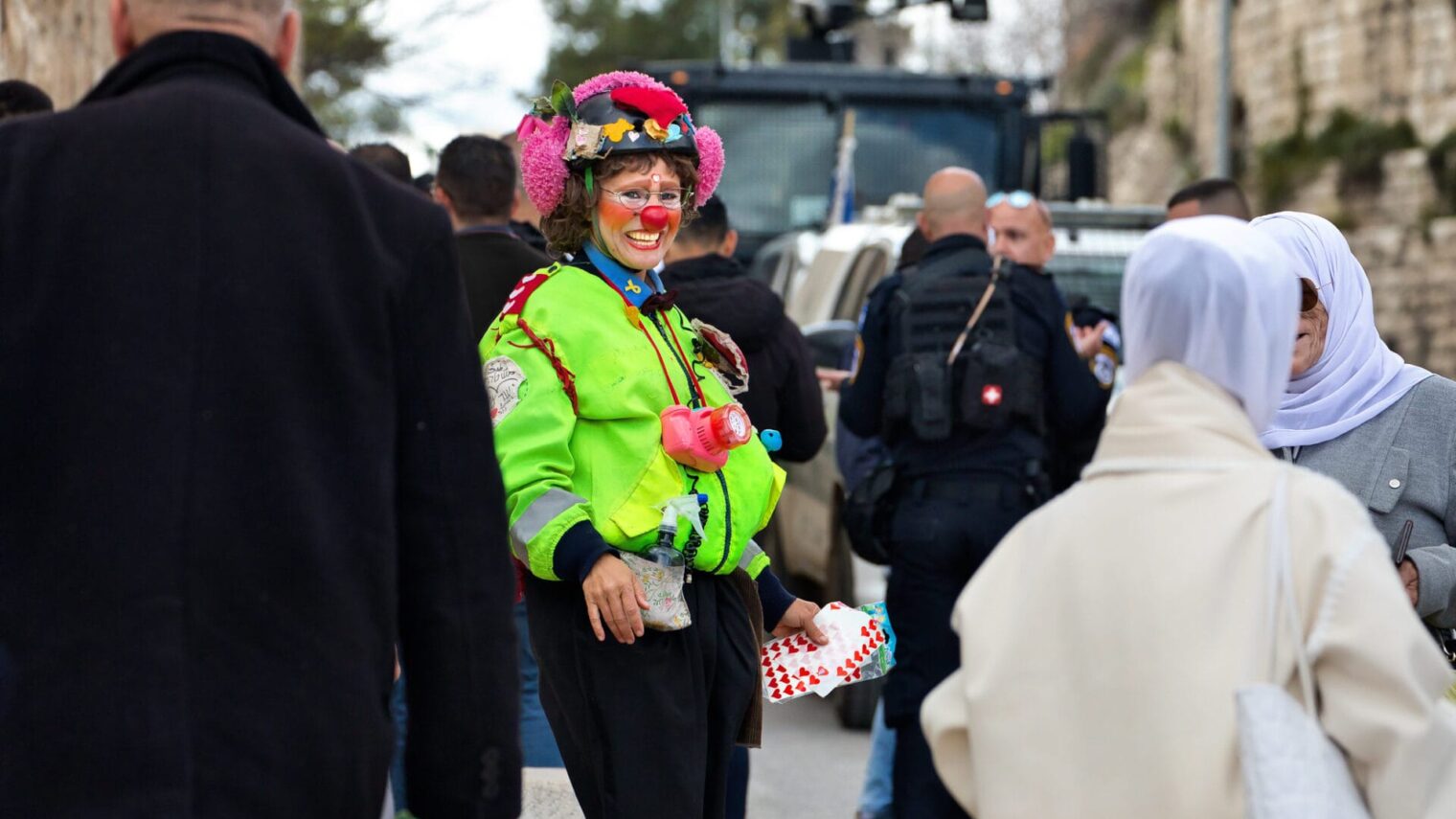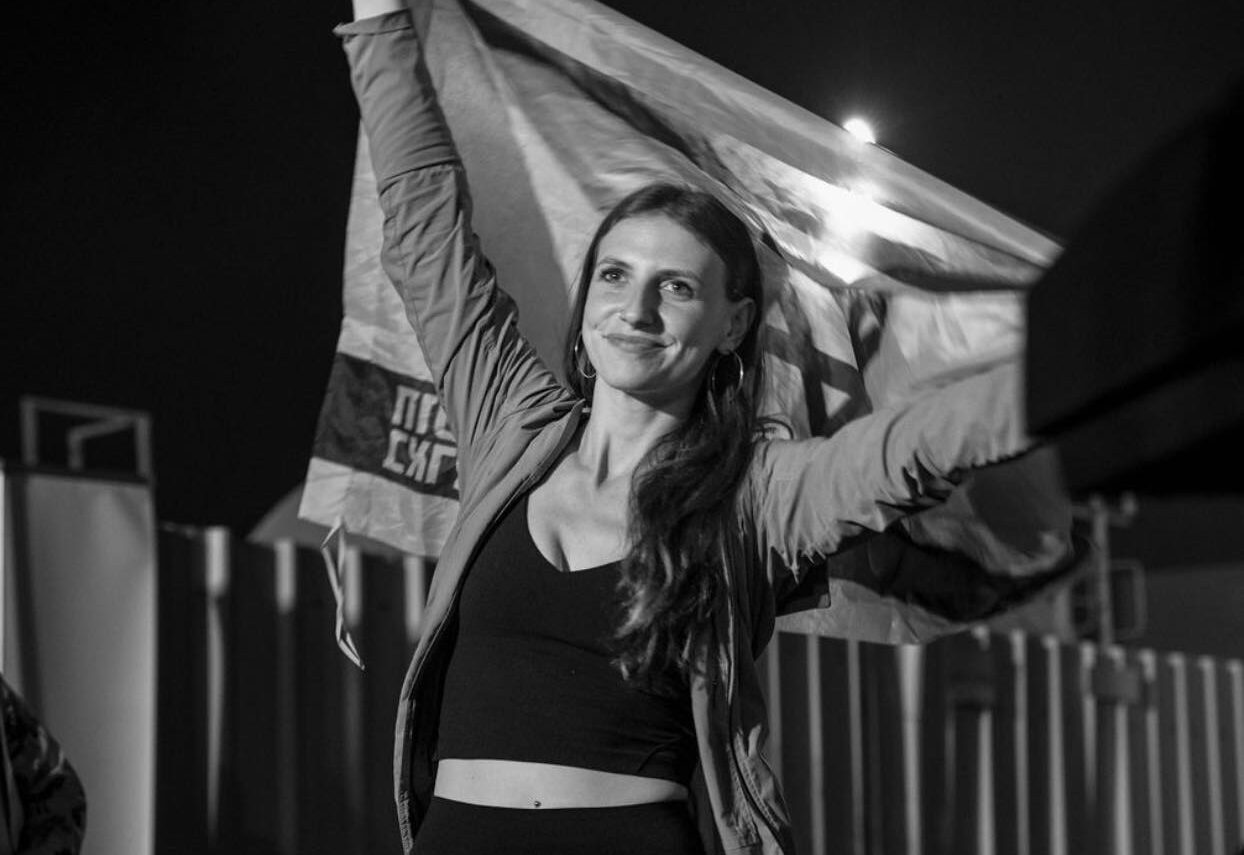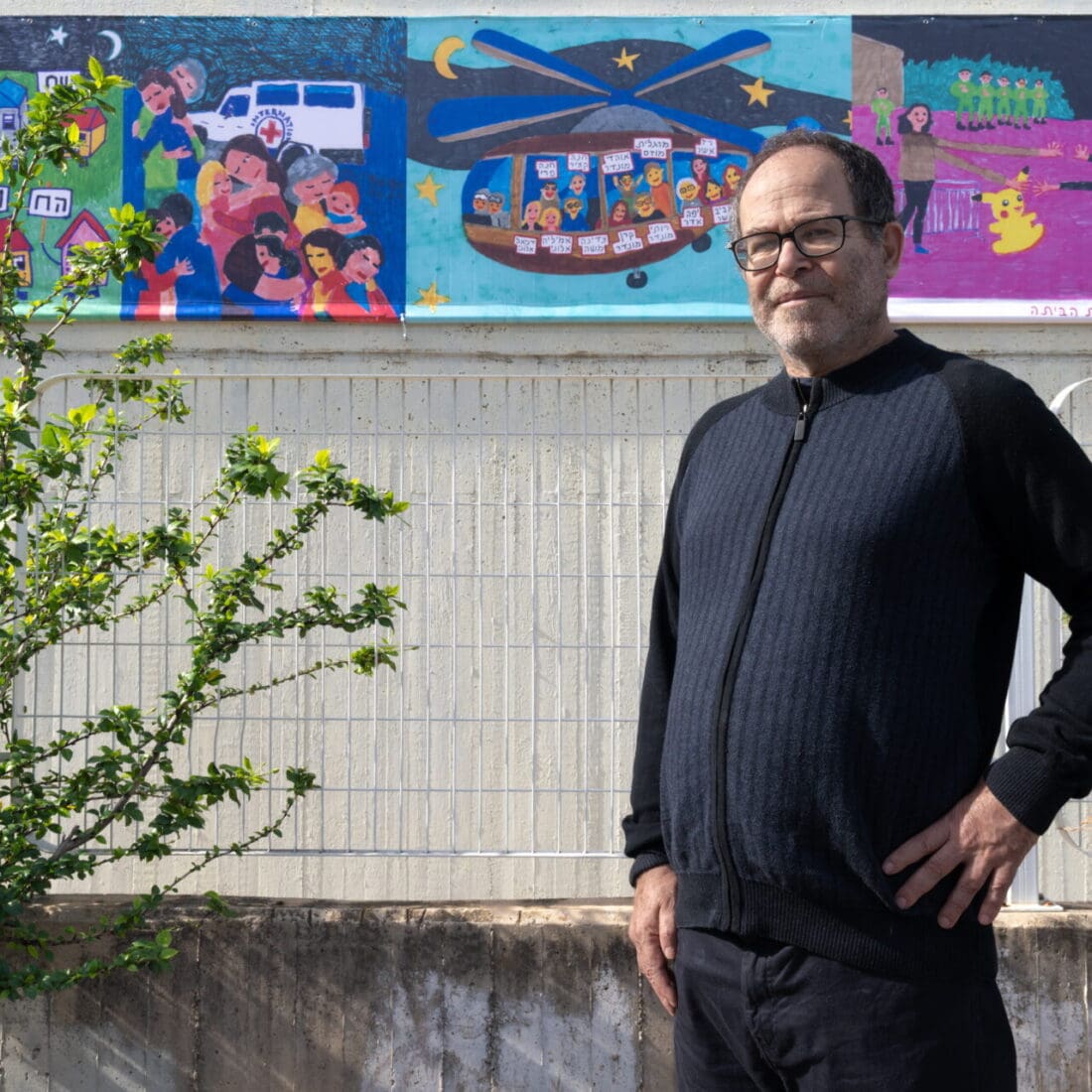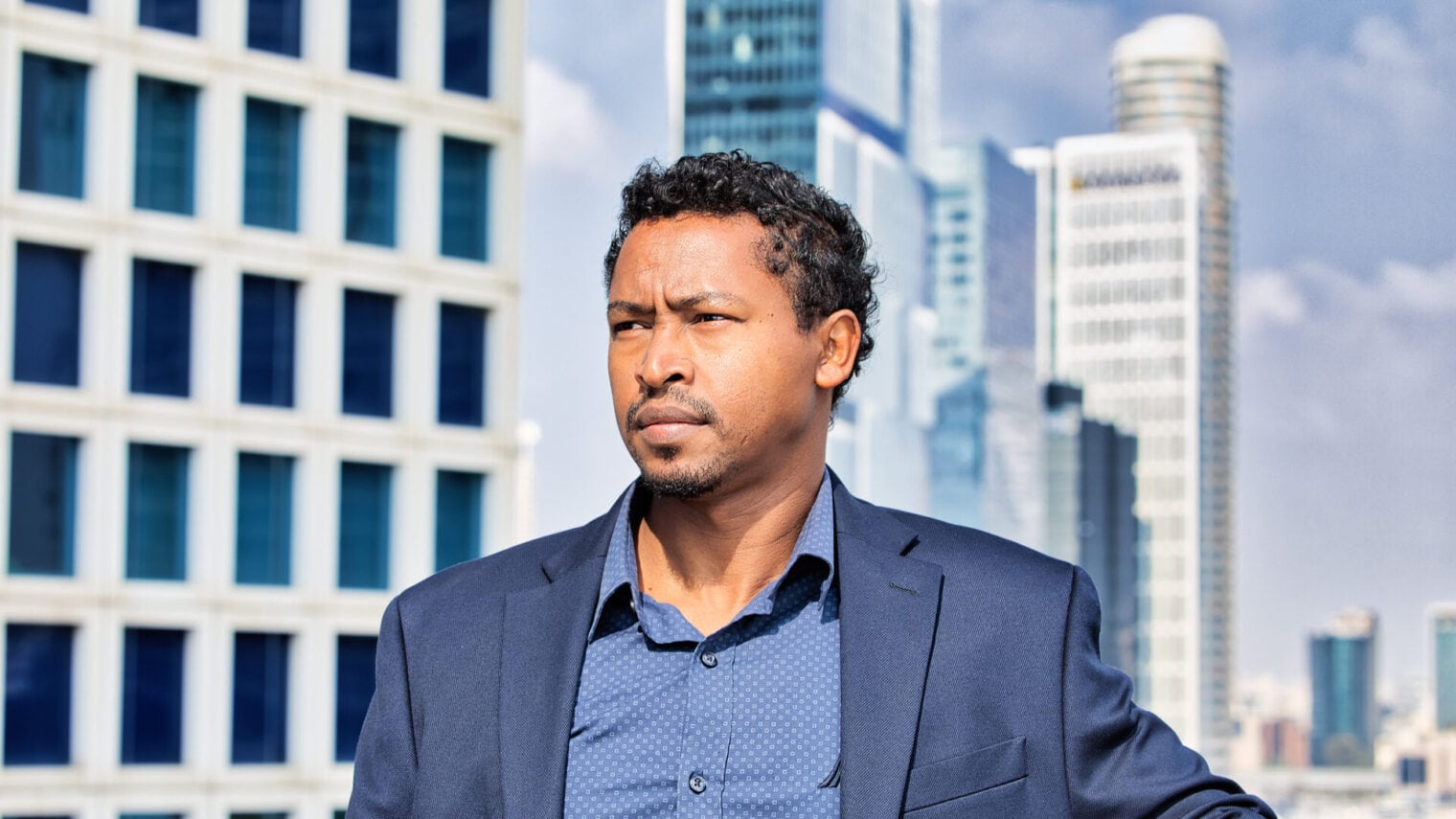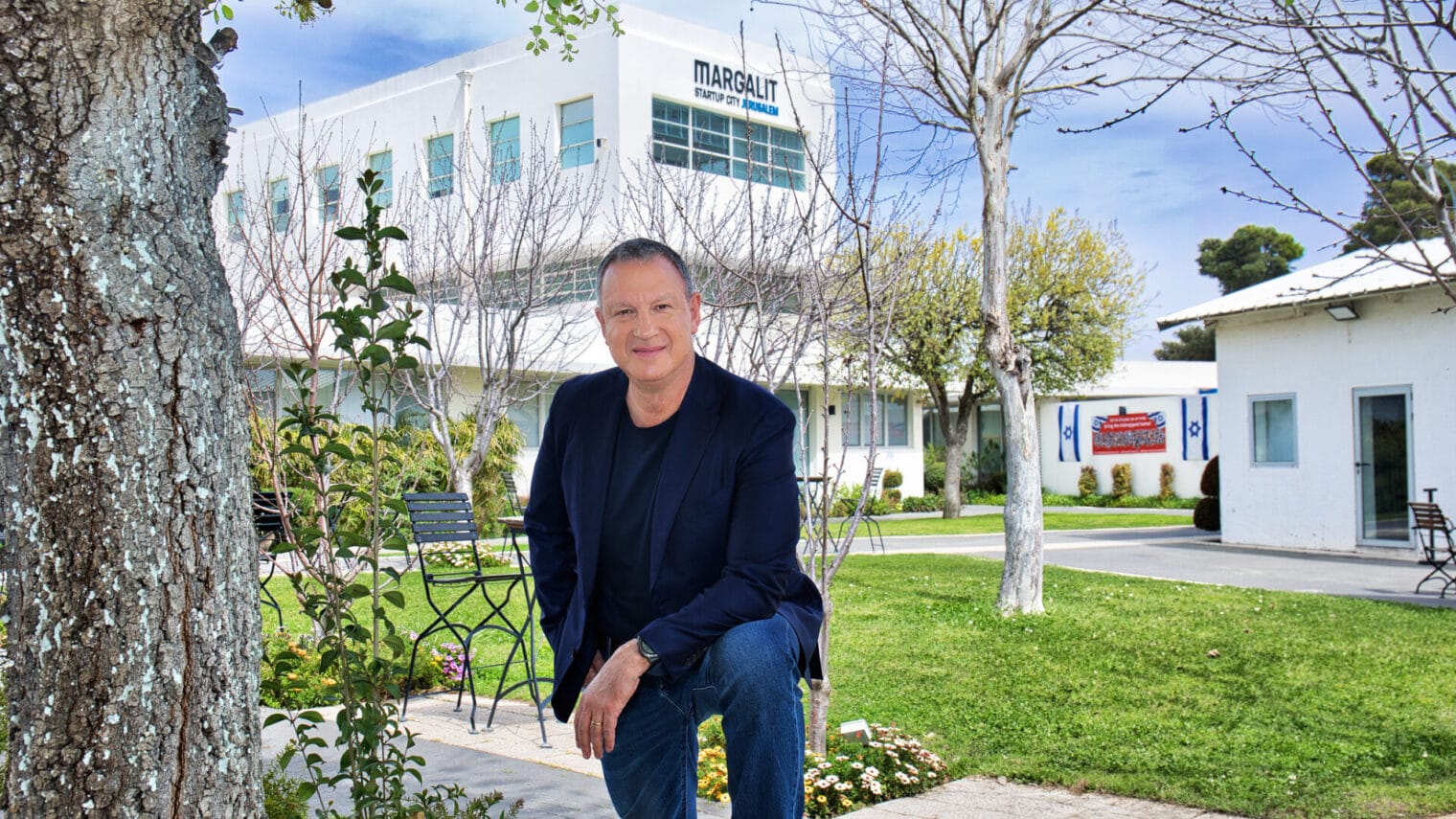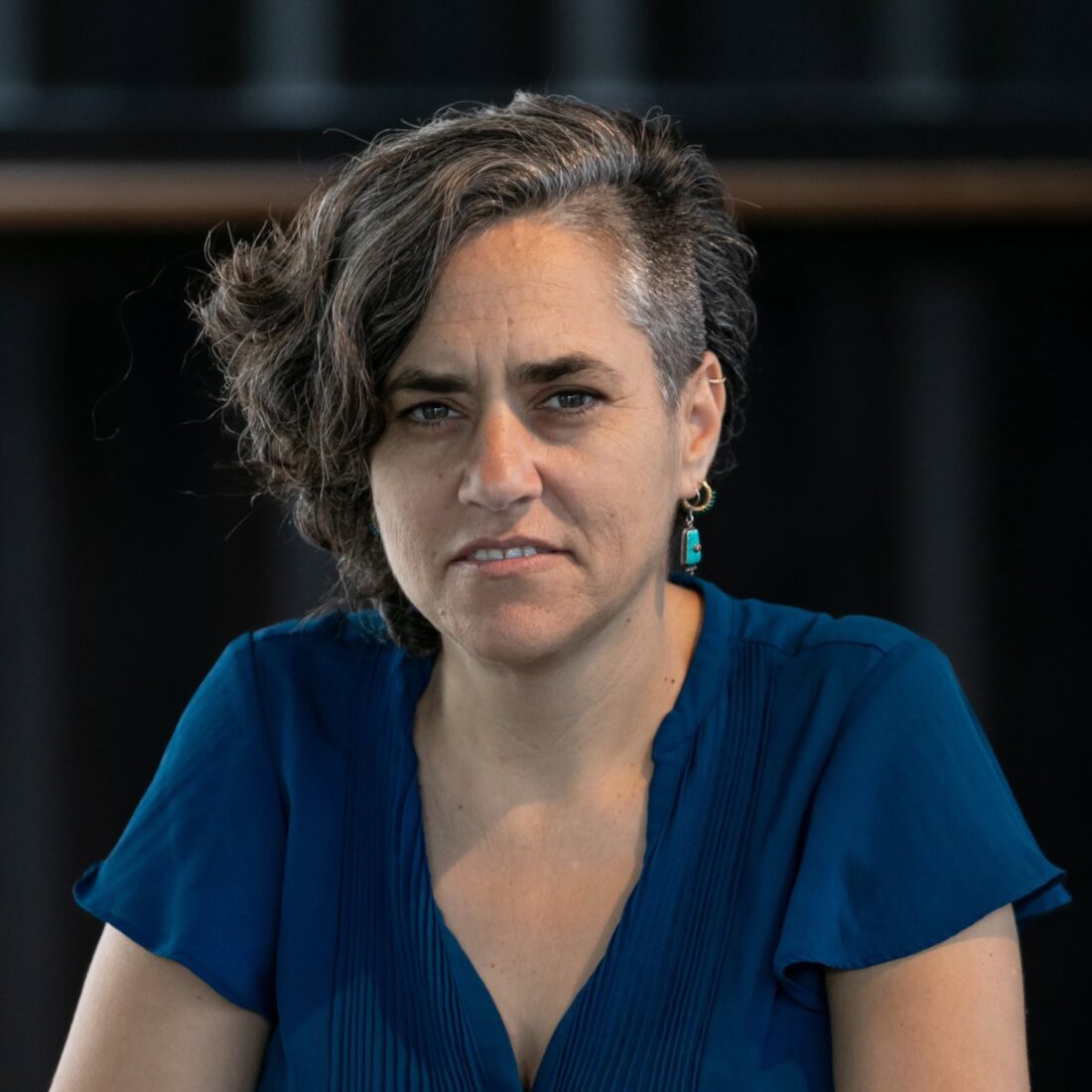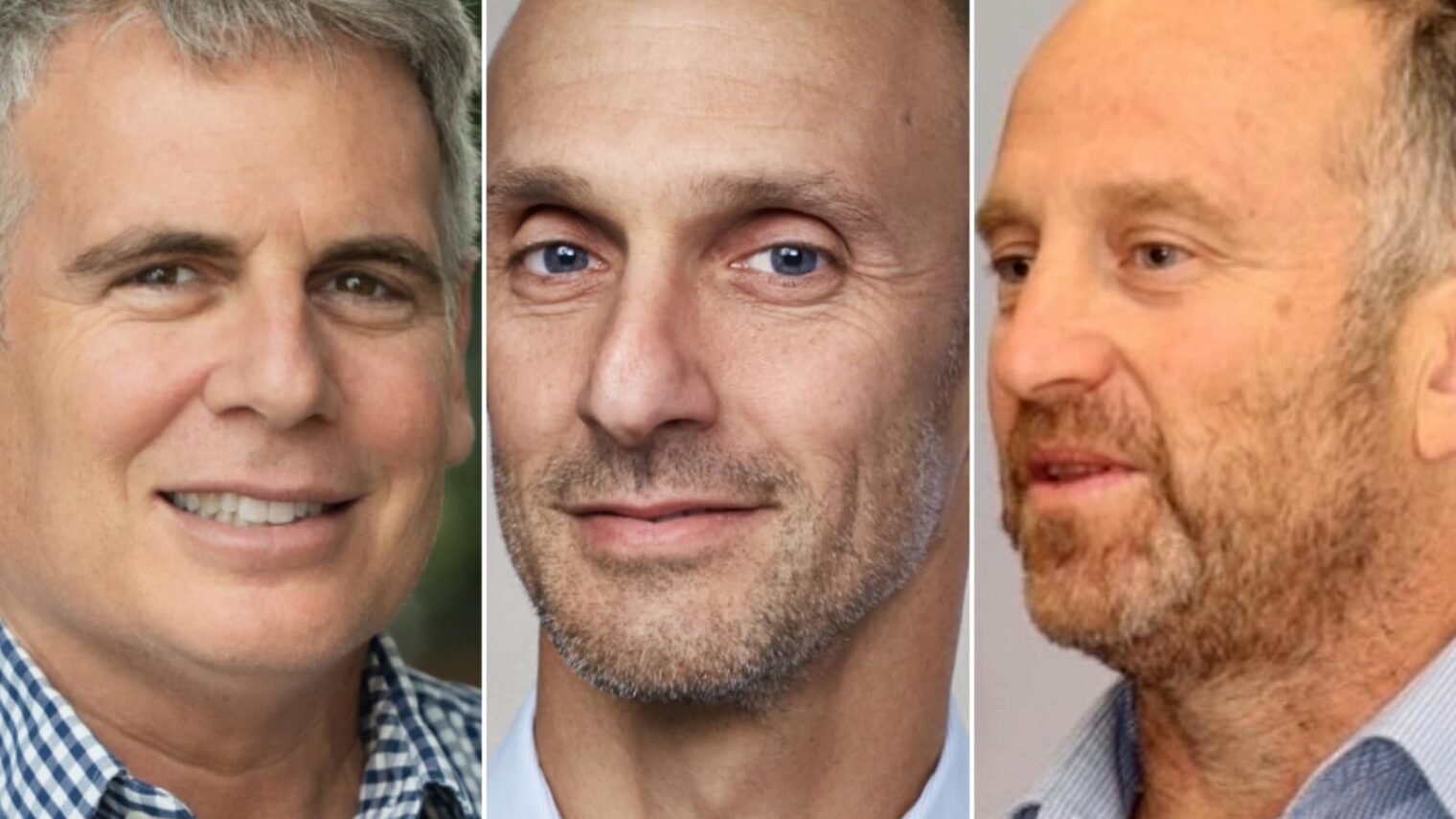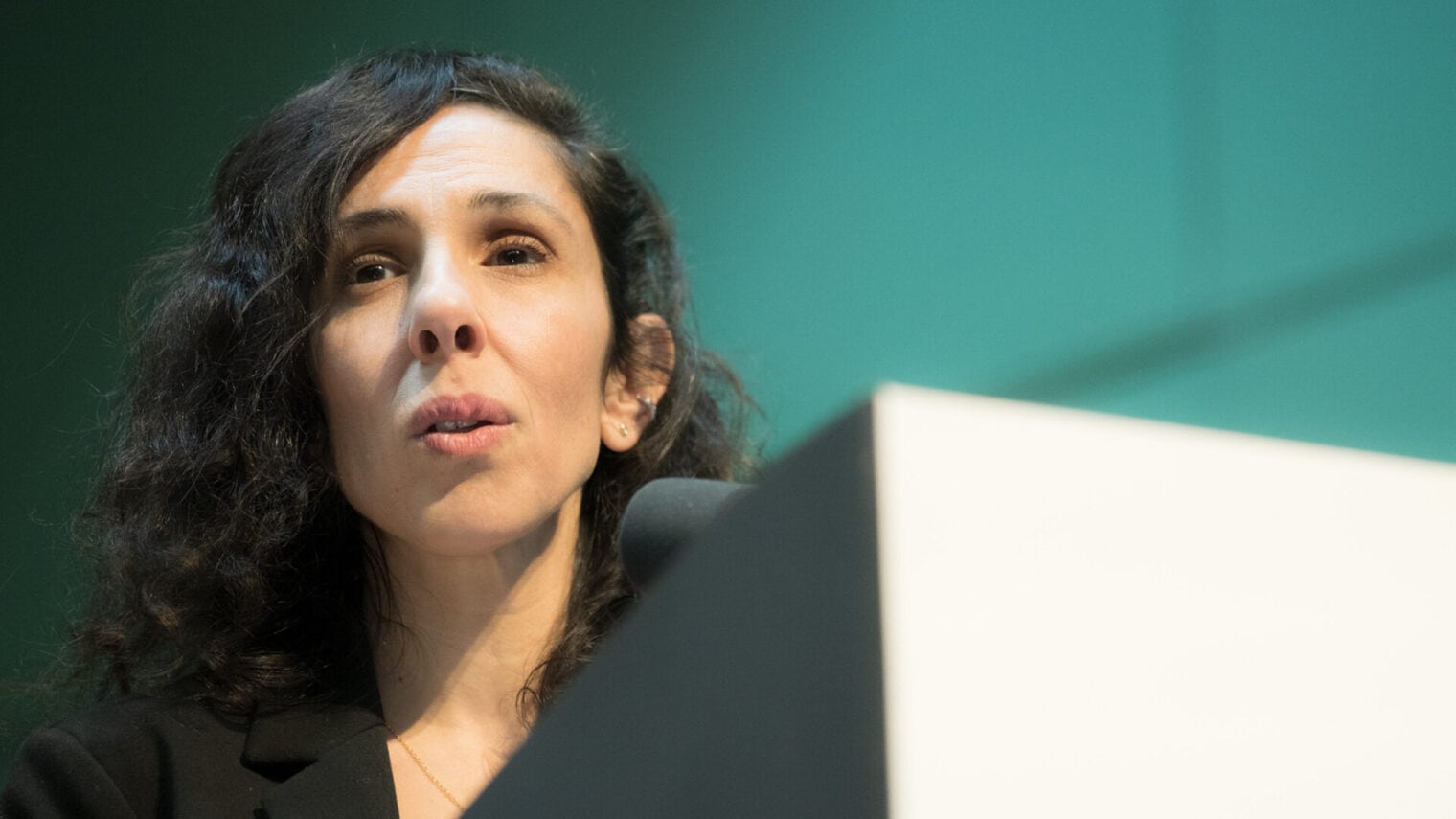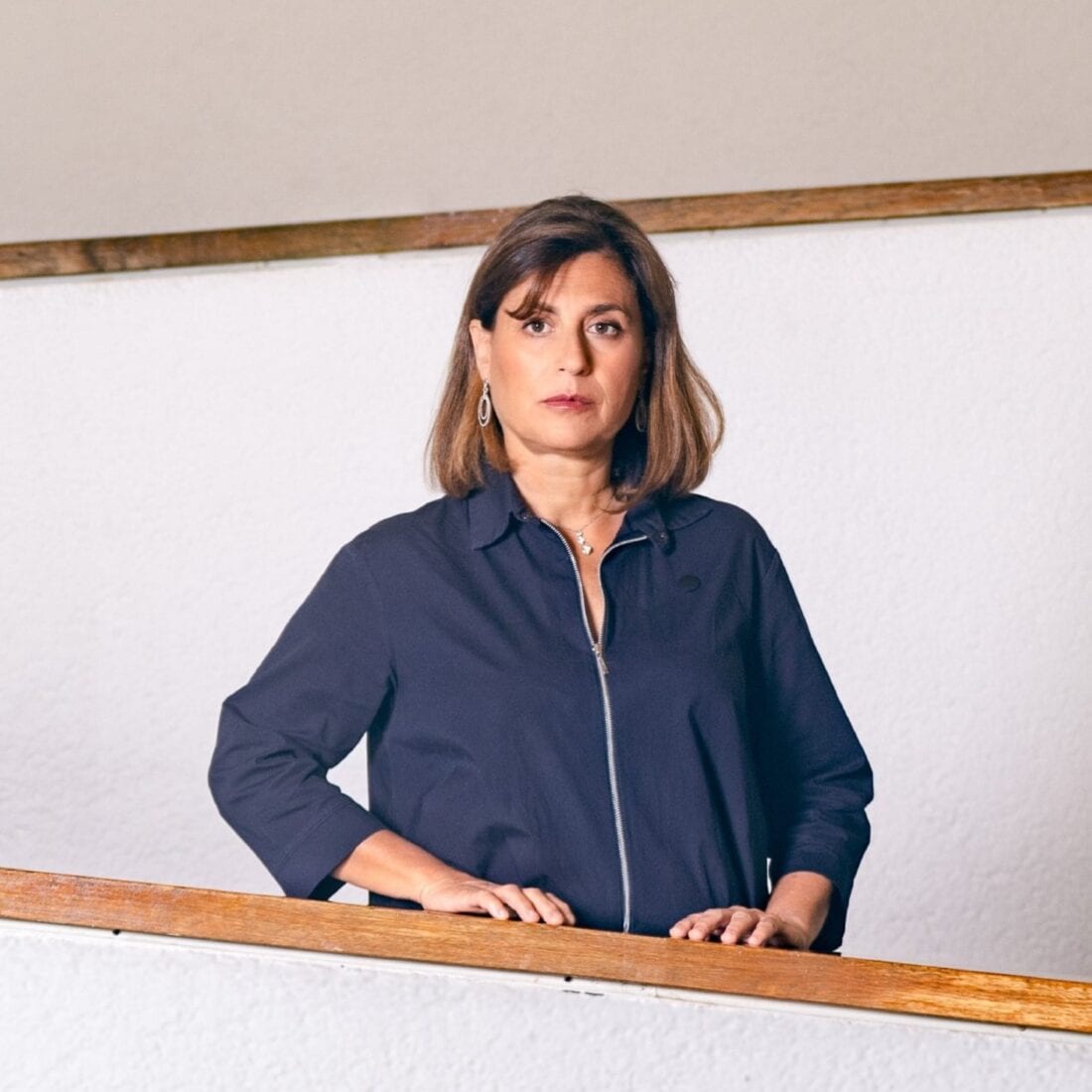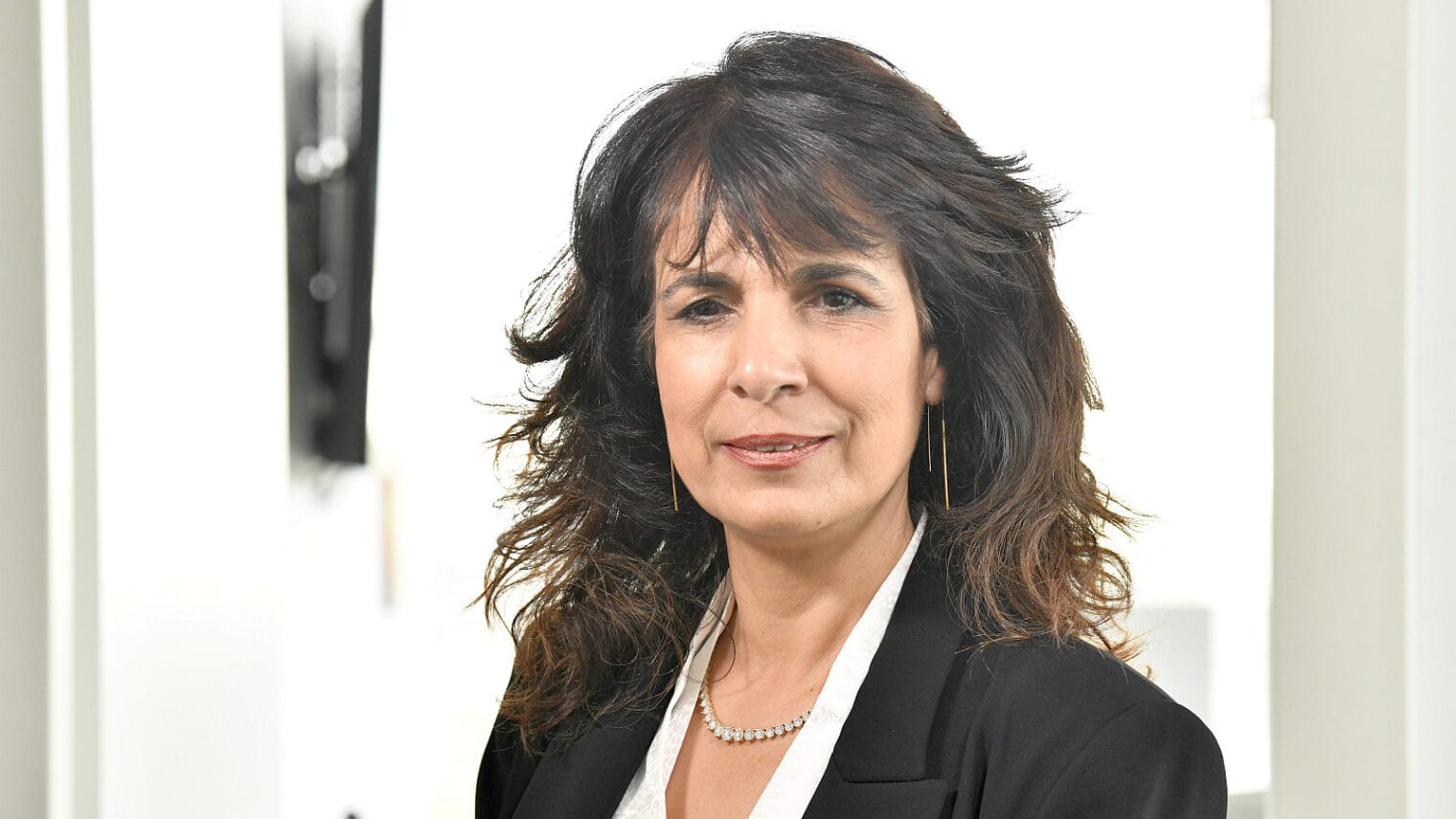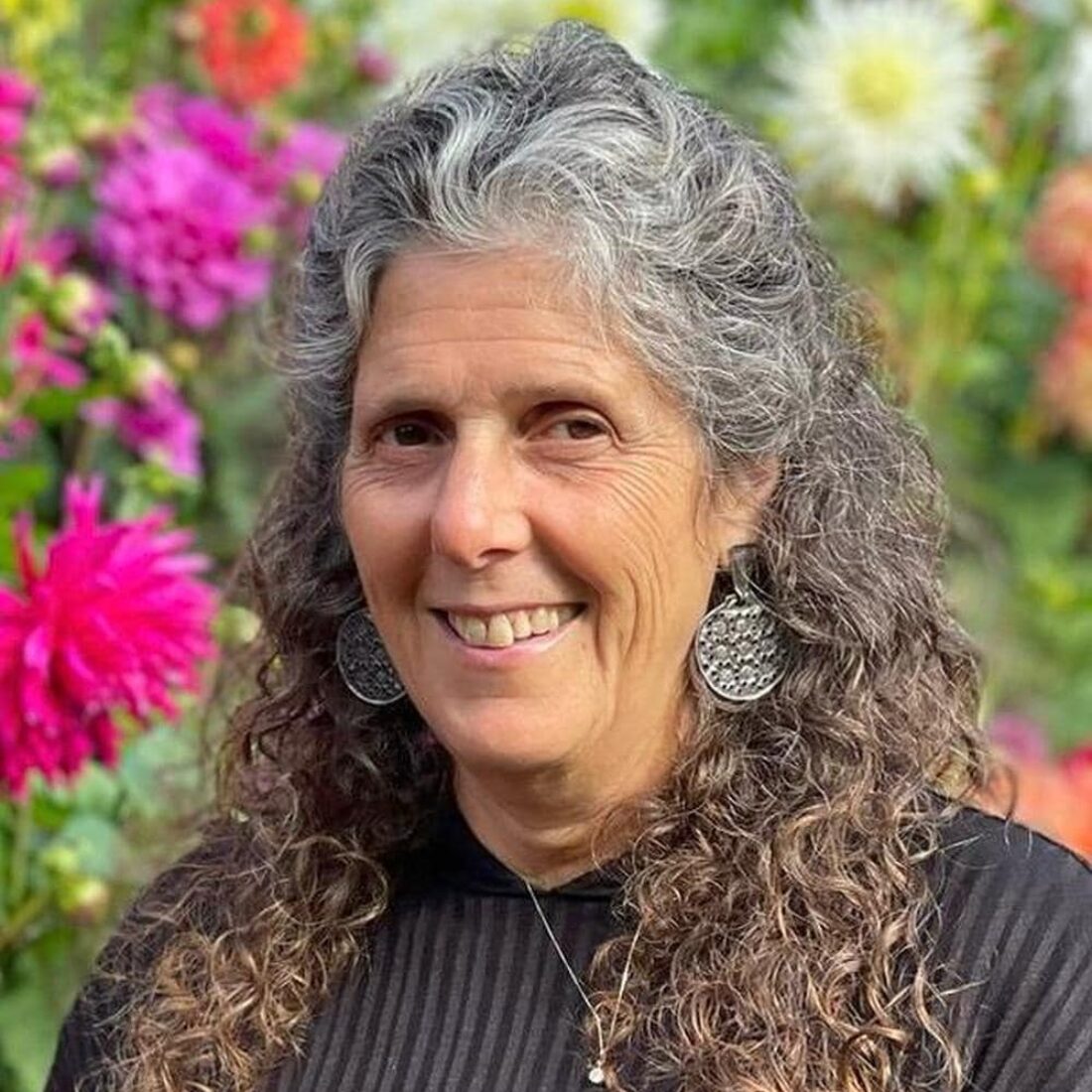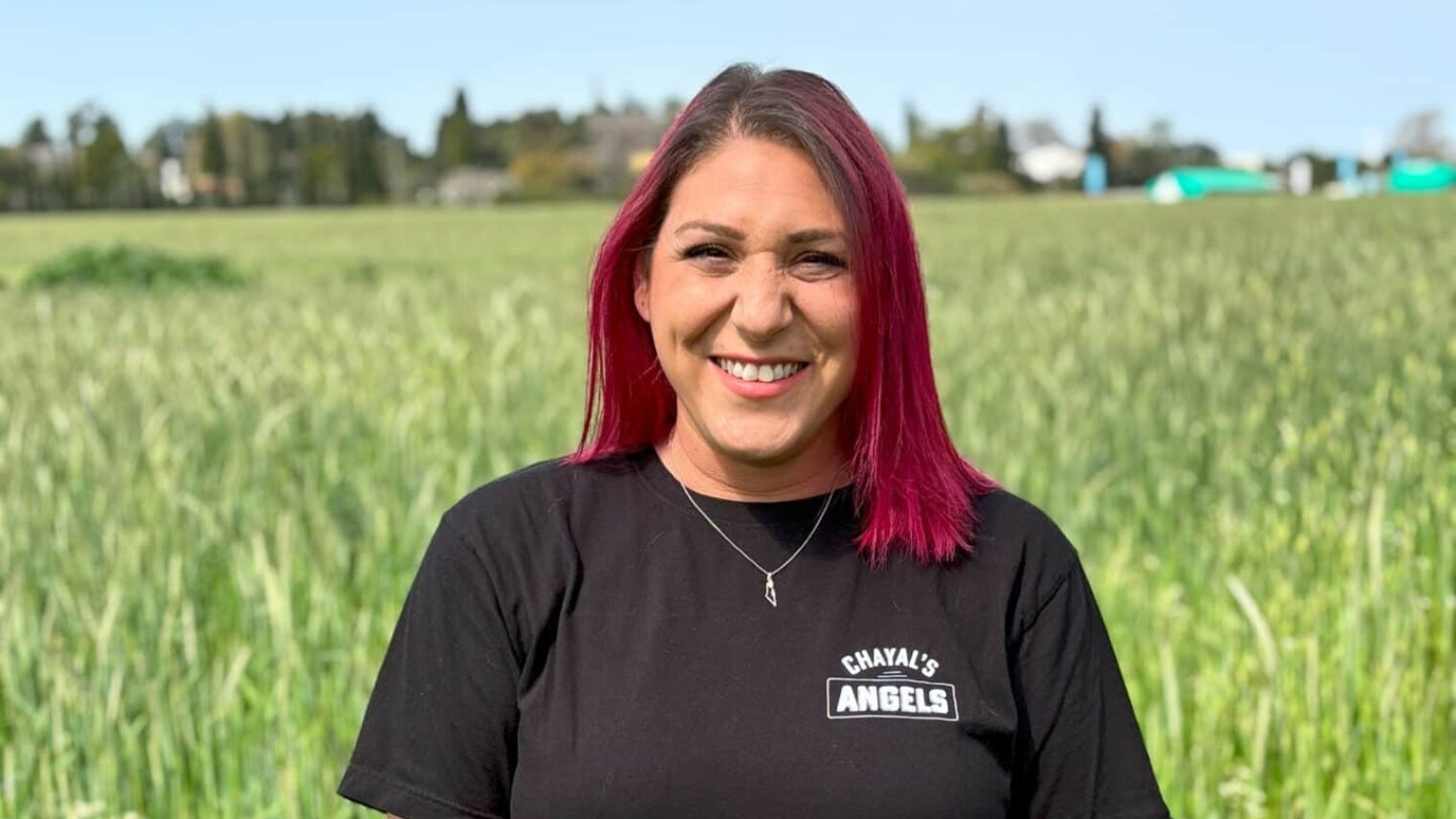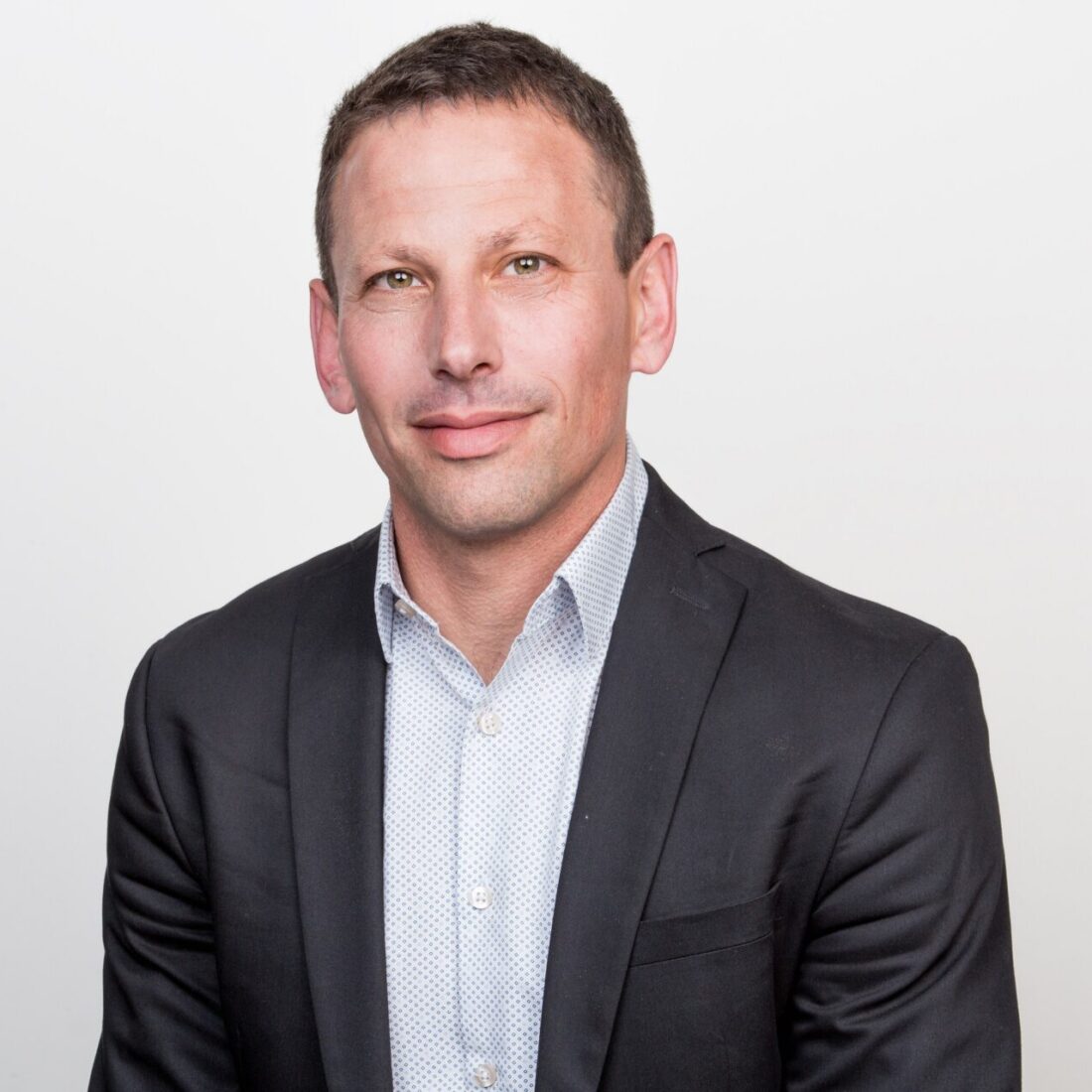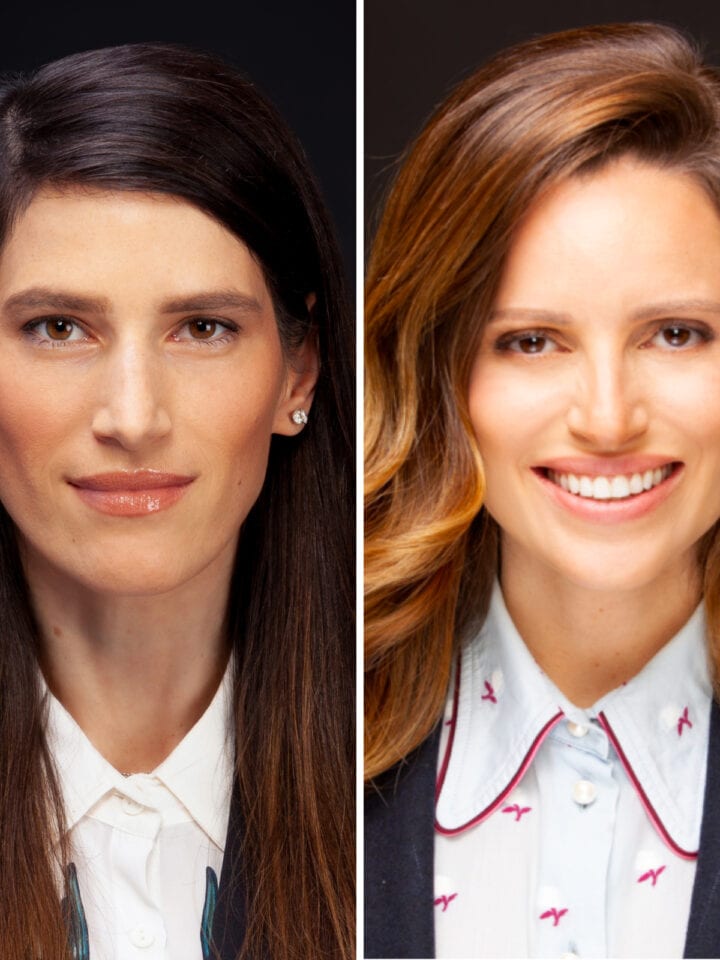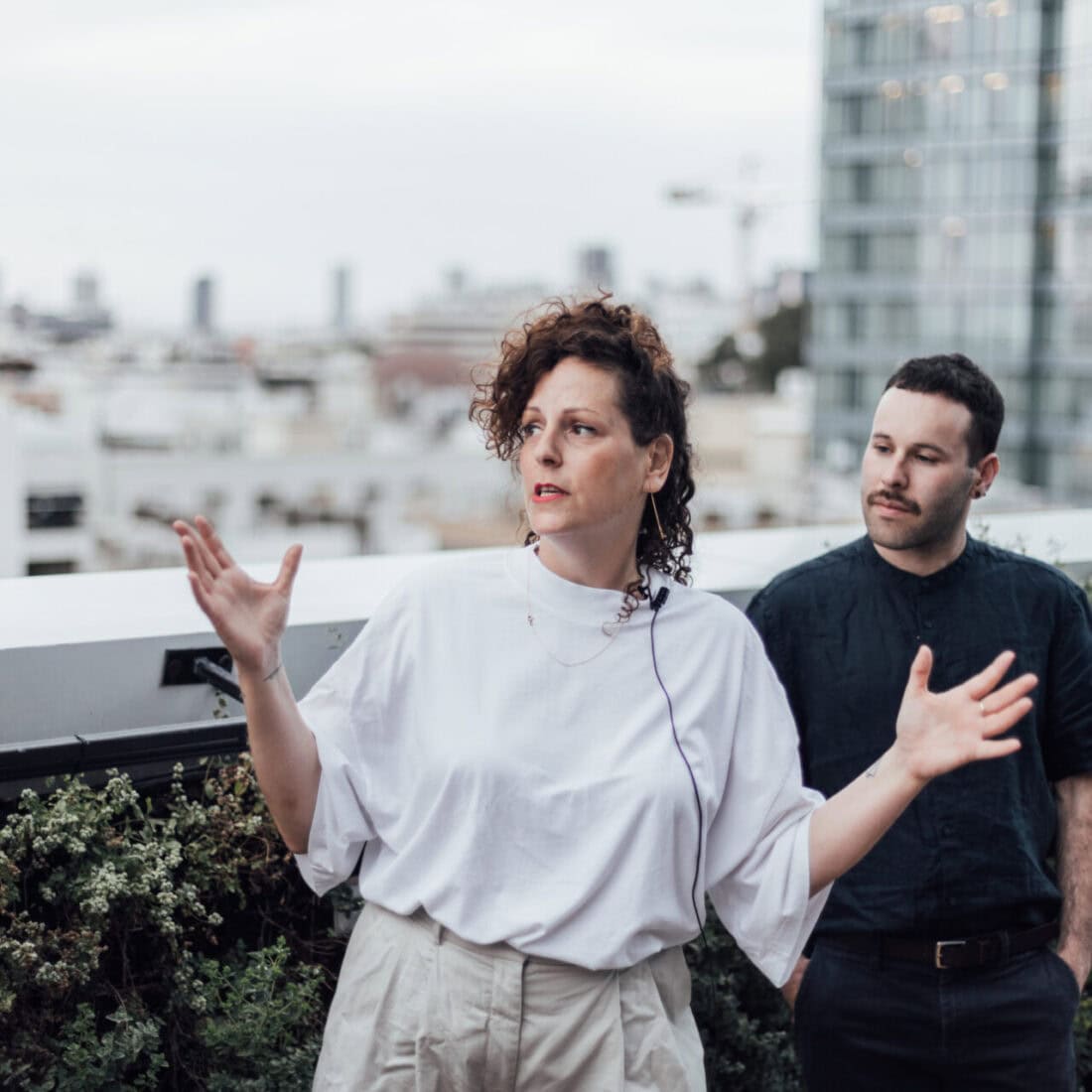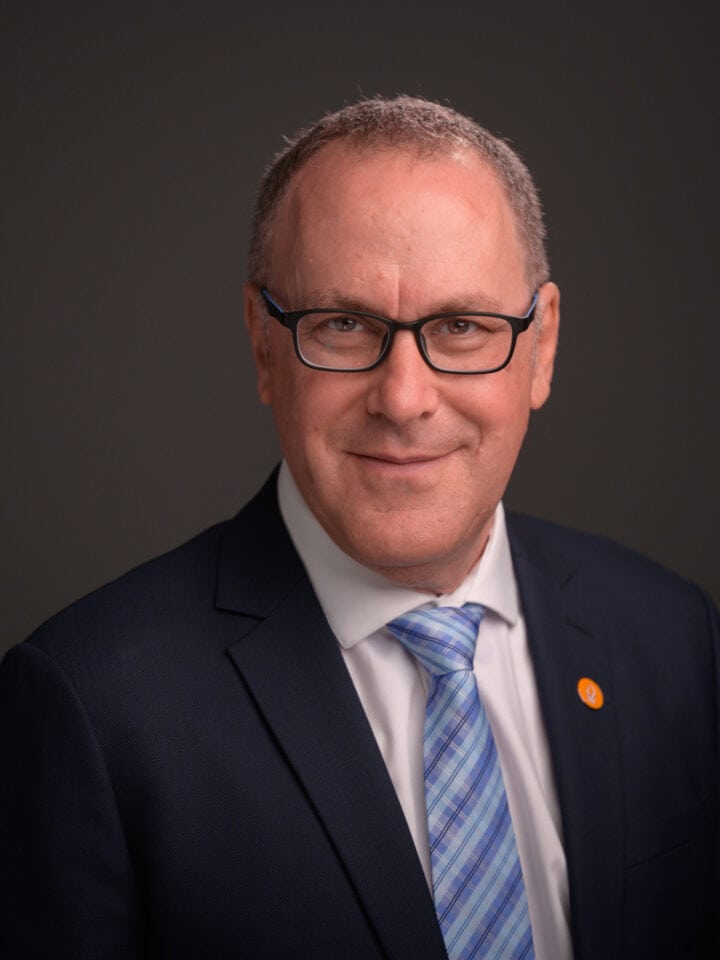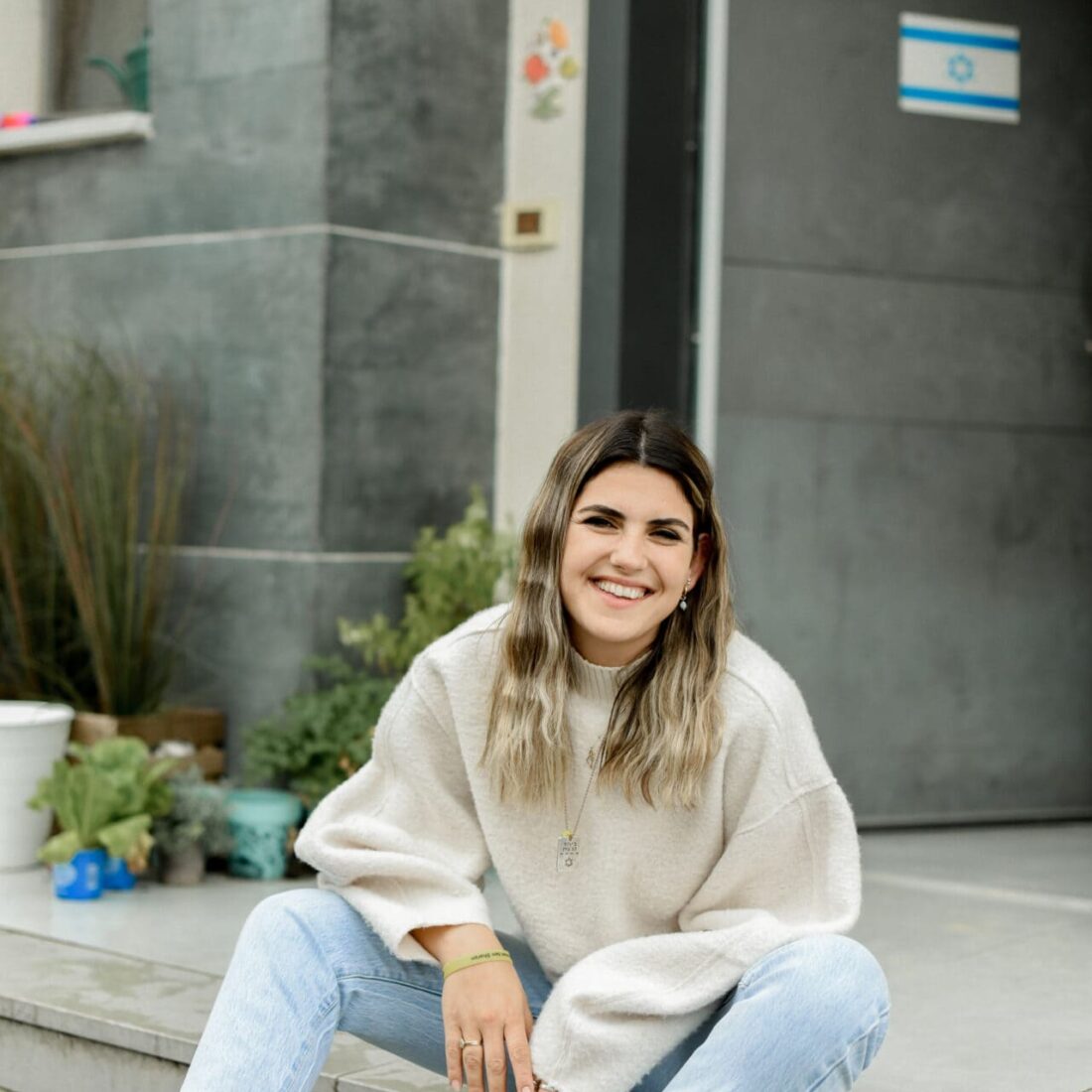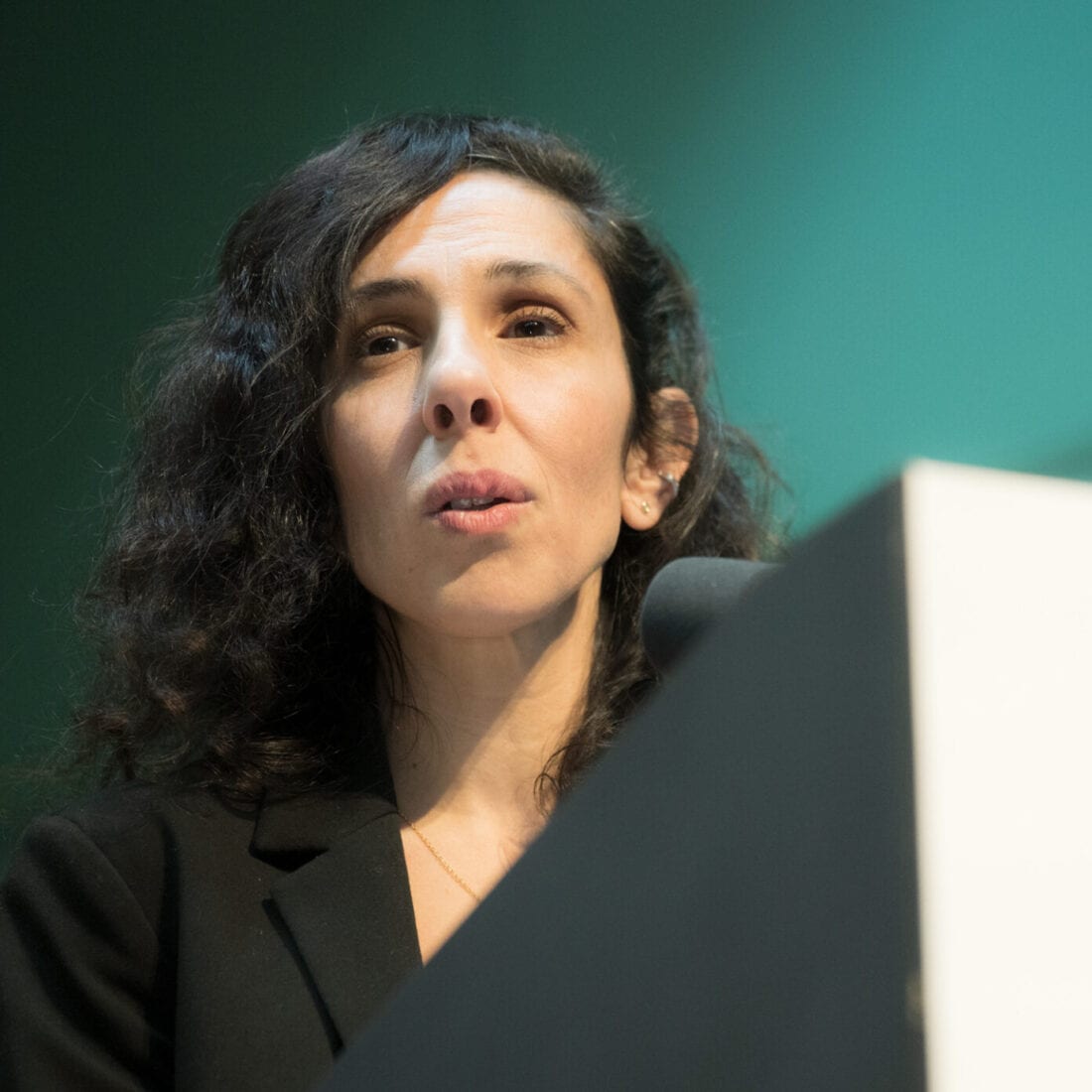I’m a licensed social worker and faculty member at Ben-Gurion University of the Negev, an expert in social services research, and the founder and head of the BGU AI for SW@BGU R&D Lab.
My work in the lab leads transdisciplinary research projects harnessing big data from public administrative systems (welfare, health and education, among others) and cutting-edge data-science methods to enhance our knowledge to better strengthen children and families’ wellbeing.
Through innovative research and technology, we aim to implement AI-based systems that can prevent the adverse impact of national crises and loss, and help children and families thrive despite facing challenging circumstances. This meant we were the right team following October 7th, to translate all of this into action when needed.
During the war, I invented and developed two technological systems – Resilience Wraparound Network System for the evacuee local authorities; and EmoBot, the first AI psychological first-response WhatsApp bot.
We collaborate with policymakers at various national institutions, including Hadassah Medical Center, the National Forensic Clinic, the Ministry of Social Affairs, and Stars Behavioral Health Group (SBHG) in California.
Together, we share the vision of advancing the science of public services through the ethical and rigorous use of existing data. By doing so, we aspire to make a positive impact on the lives of future generations.
“We should use the best practices to heal the wounded populations in the Middle East.”
My goal is to use best practices in social work and advanced machine learning to promote tikkun olam (repairing the world), and empowering disadvantaged and abused children by discovering what helps them to thrive as adults. Through innovative research and technology, I aim to implement AI-based systems that can save children’s lives and make a positive impact on future generations.
The war created a multi-site crisis (south, north many evacuation centers and locations). With multiple uncoordinated rescuers, psychosocial and education service providers, local authorities currently lack a secure data information system for coordinating assistance to evacuees. Army forces and volunteers from rescue and security forces are tasked with offering real-time psychosocial first aid, yet their experience in this domain may vary.
Tikkun olam means we should use the best practices to heal the wounded populations in the Middle East — not only in psychosocial aspects but also in terms of political order, in order to solve the conflict.
I believe we can harness the best practices to provide first aid and plant the seeds for long-term adaptation of the impacted communities, and use science to develop resilience at the individual and national level.





